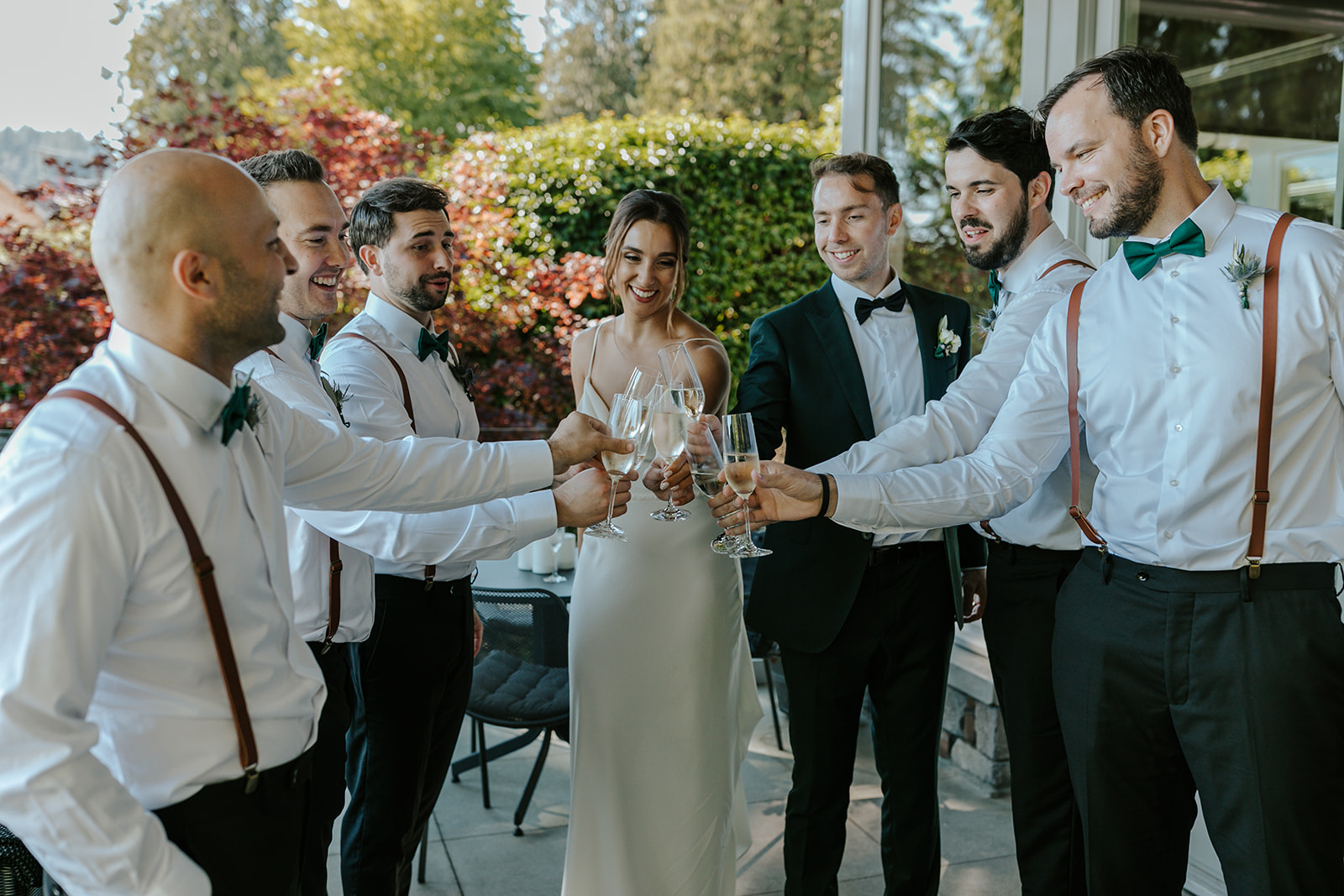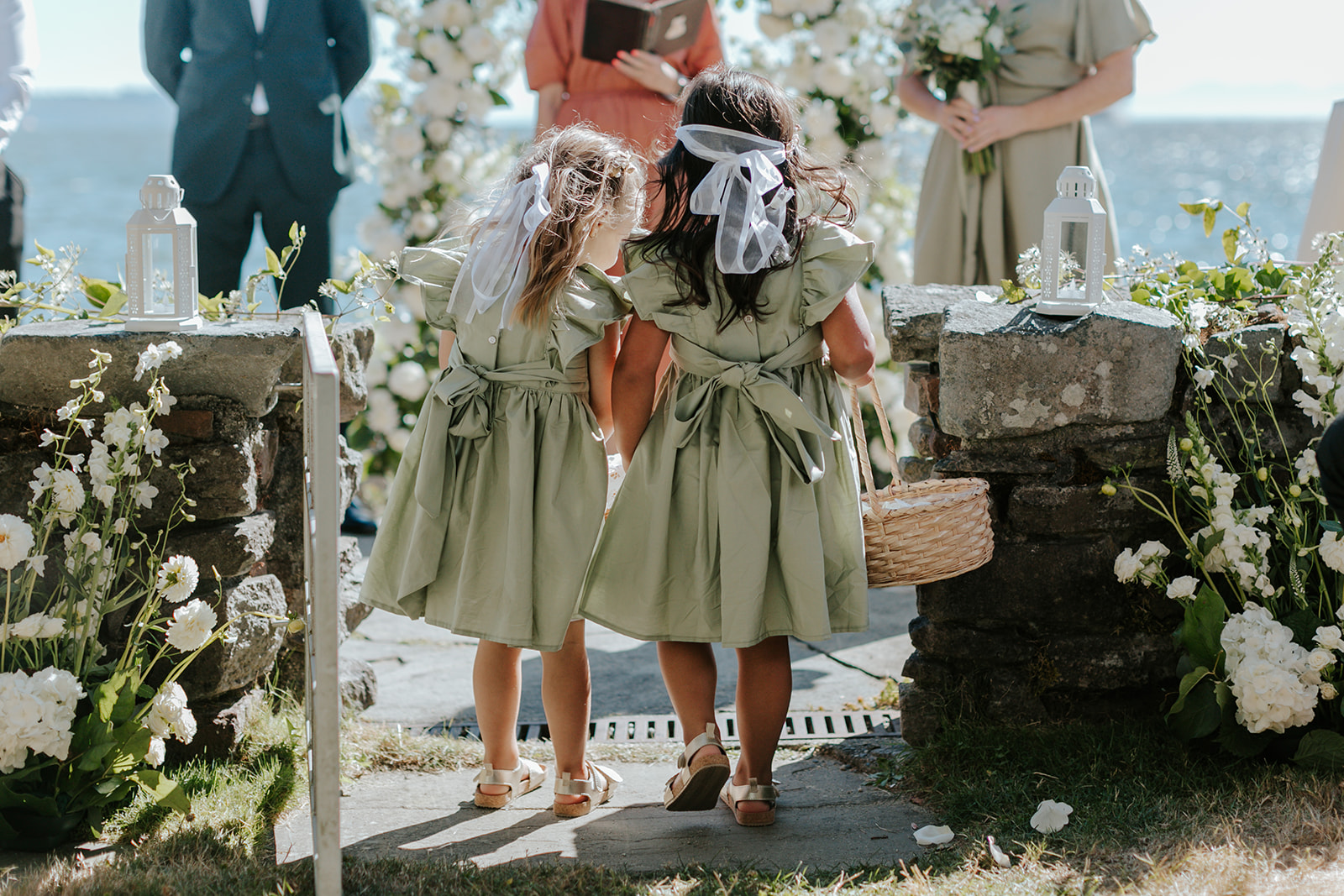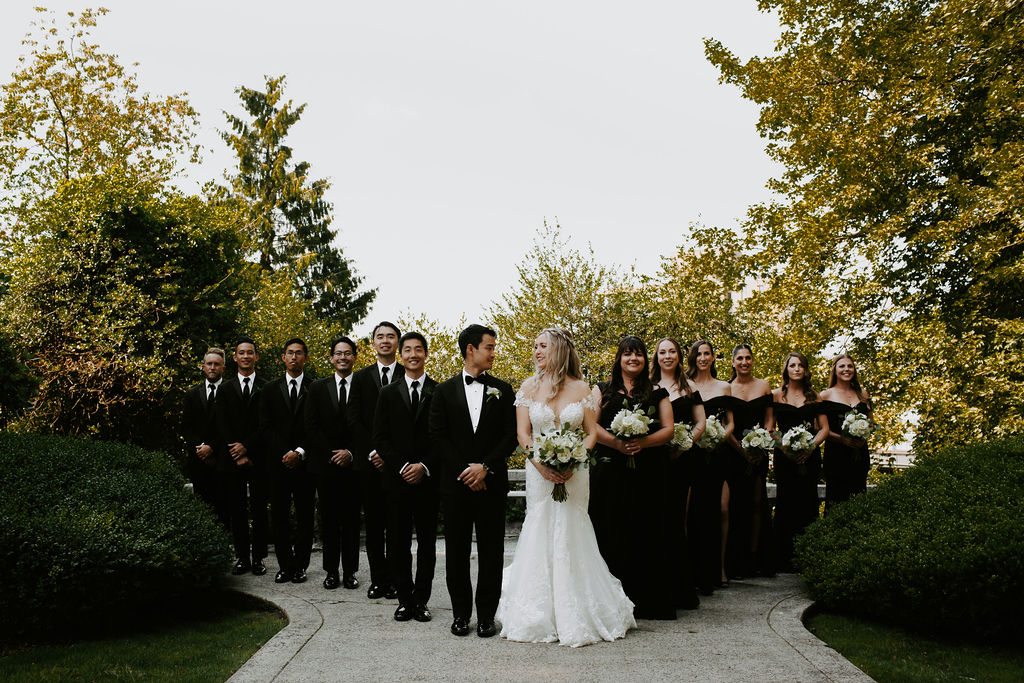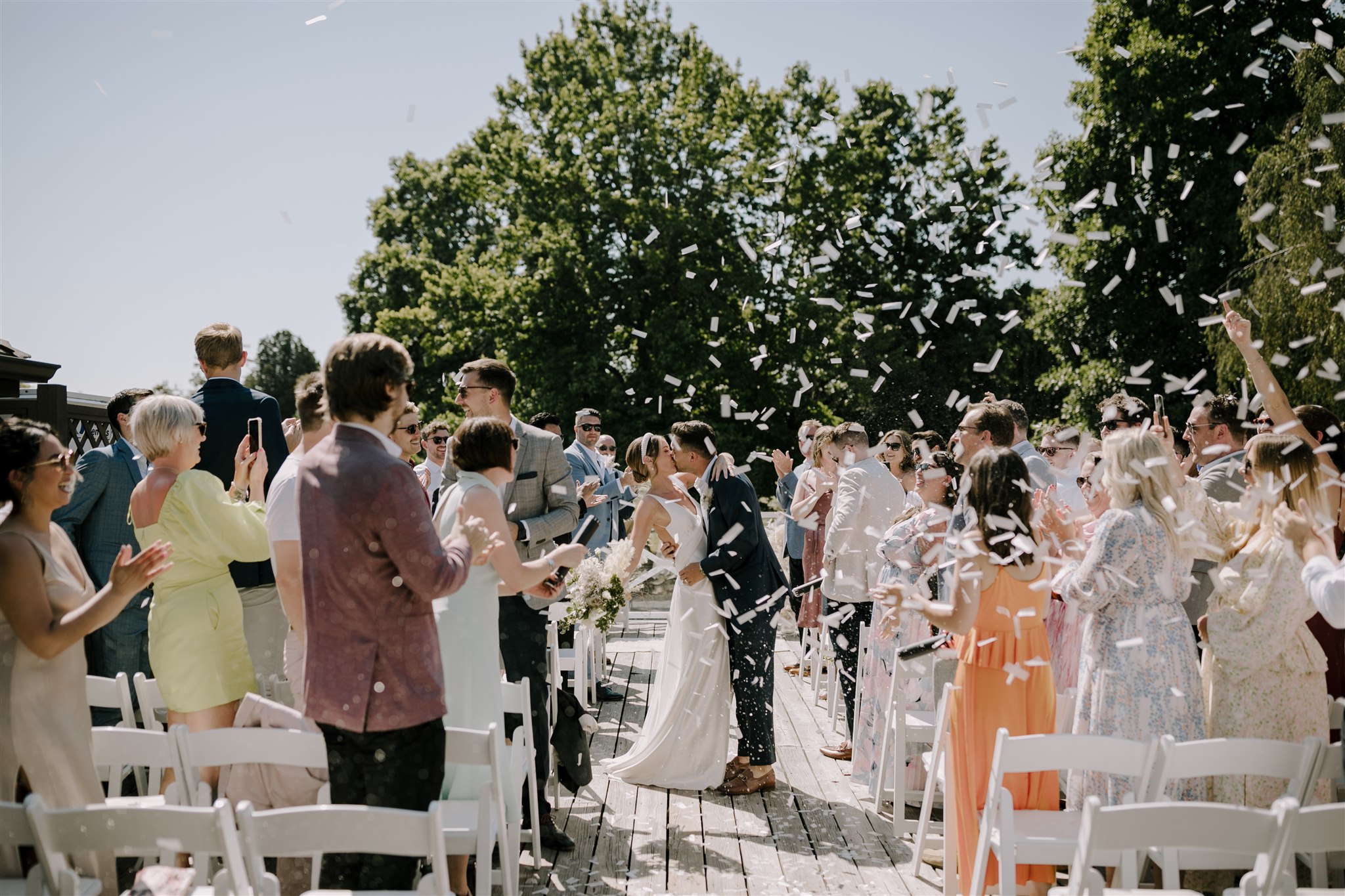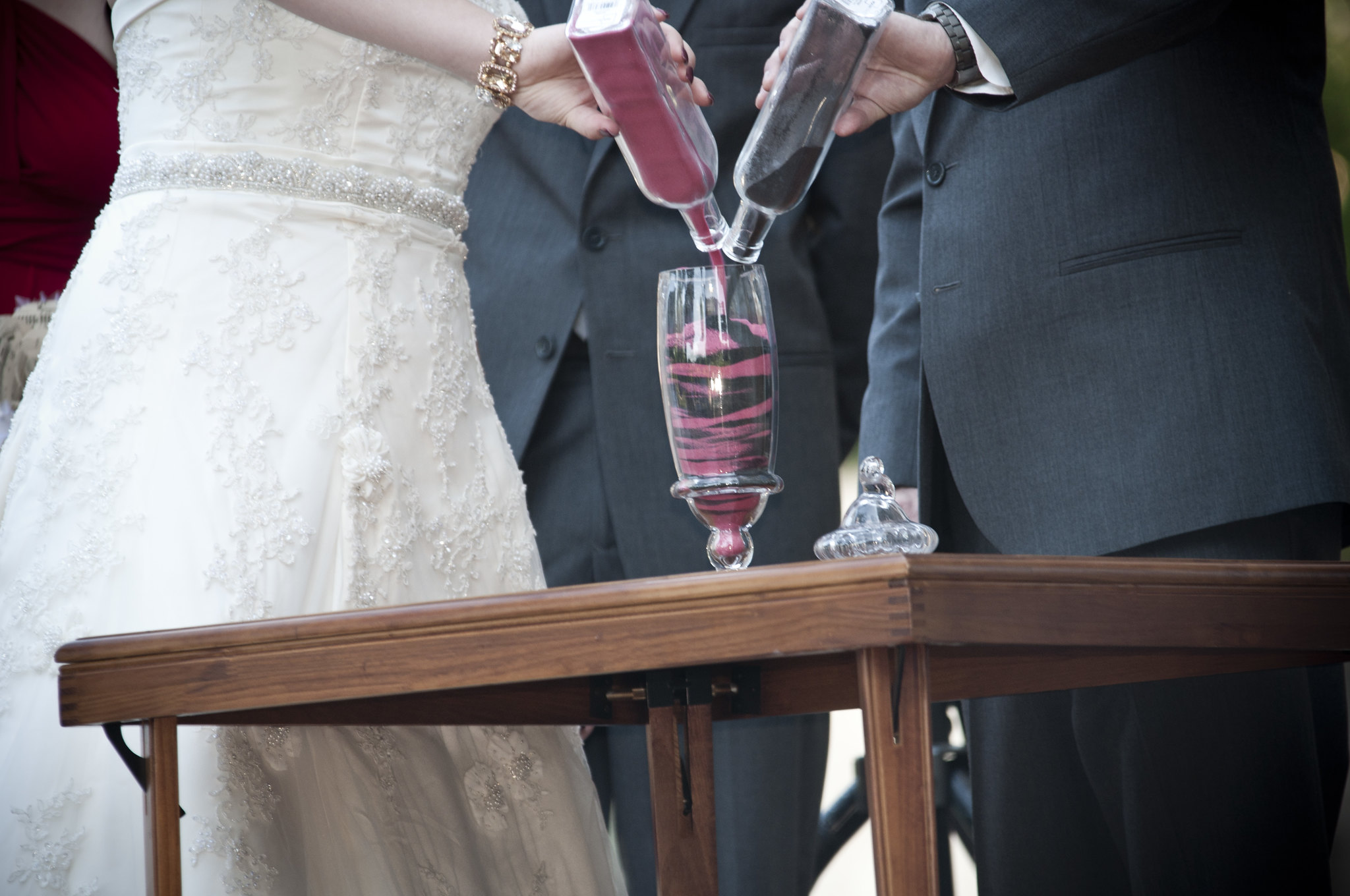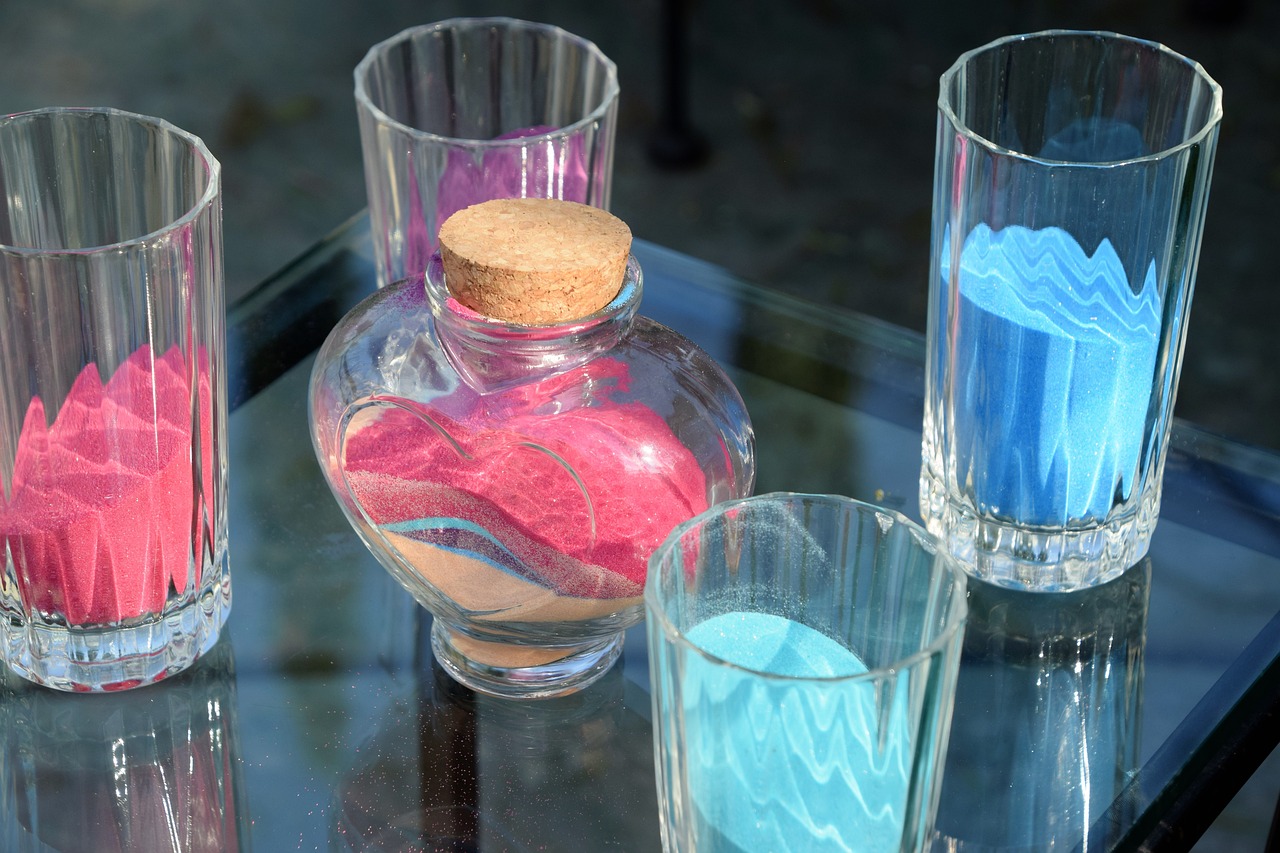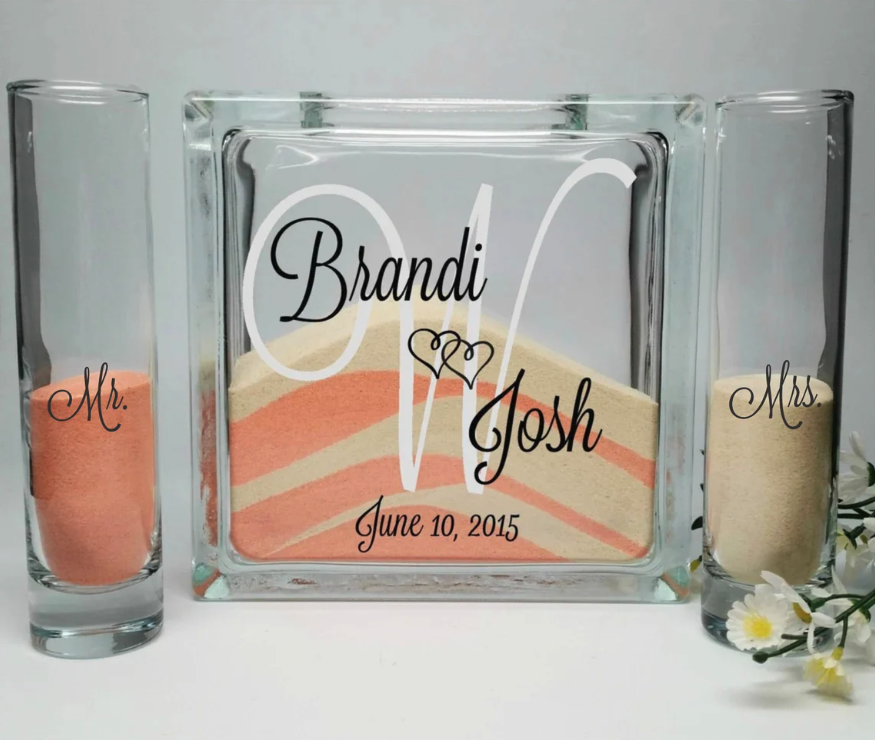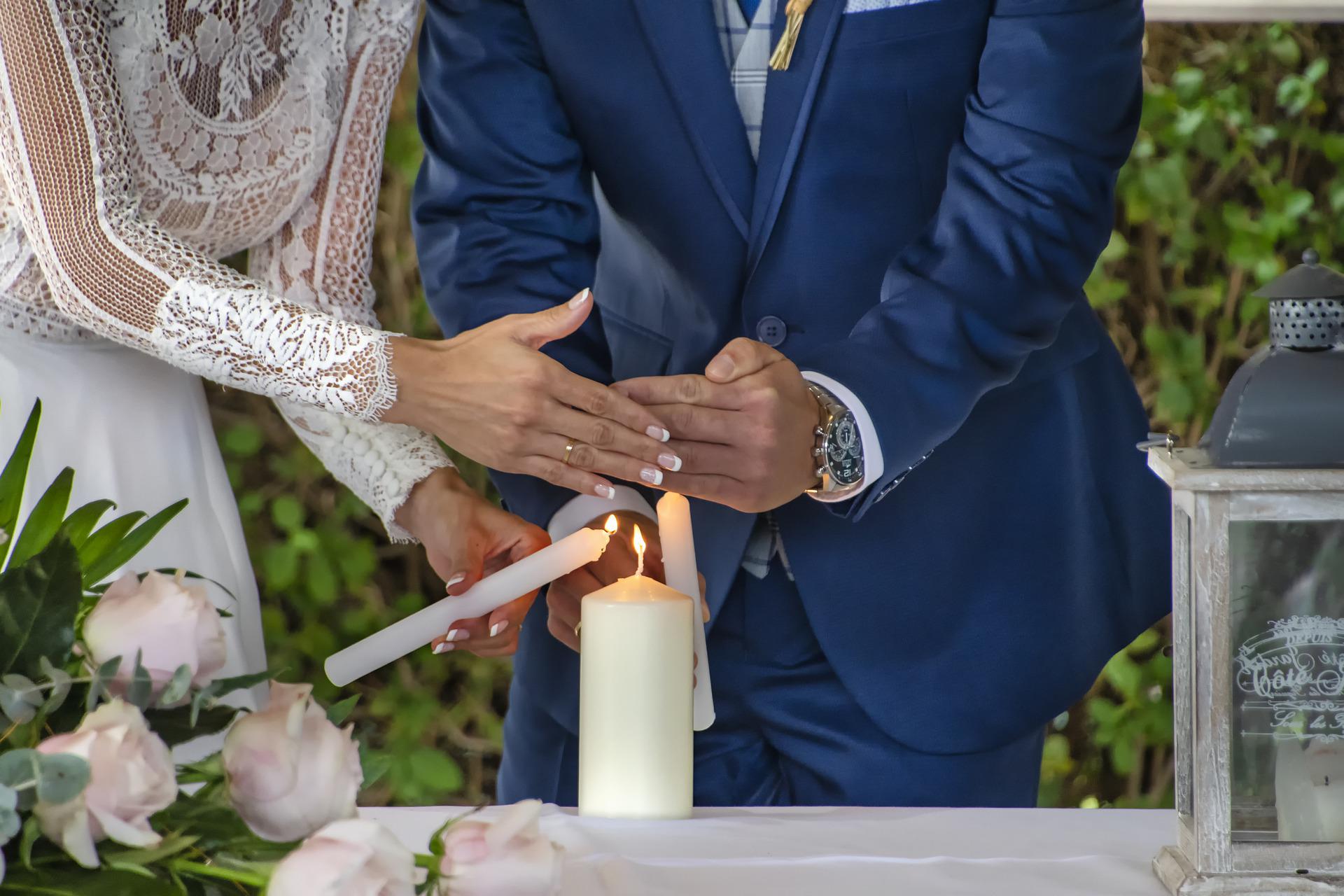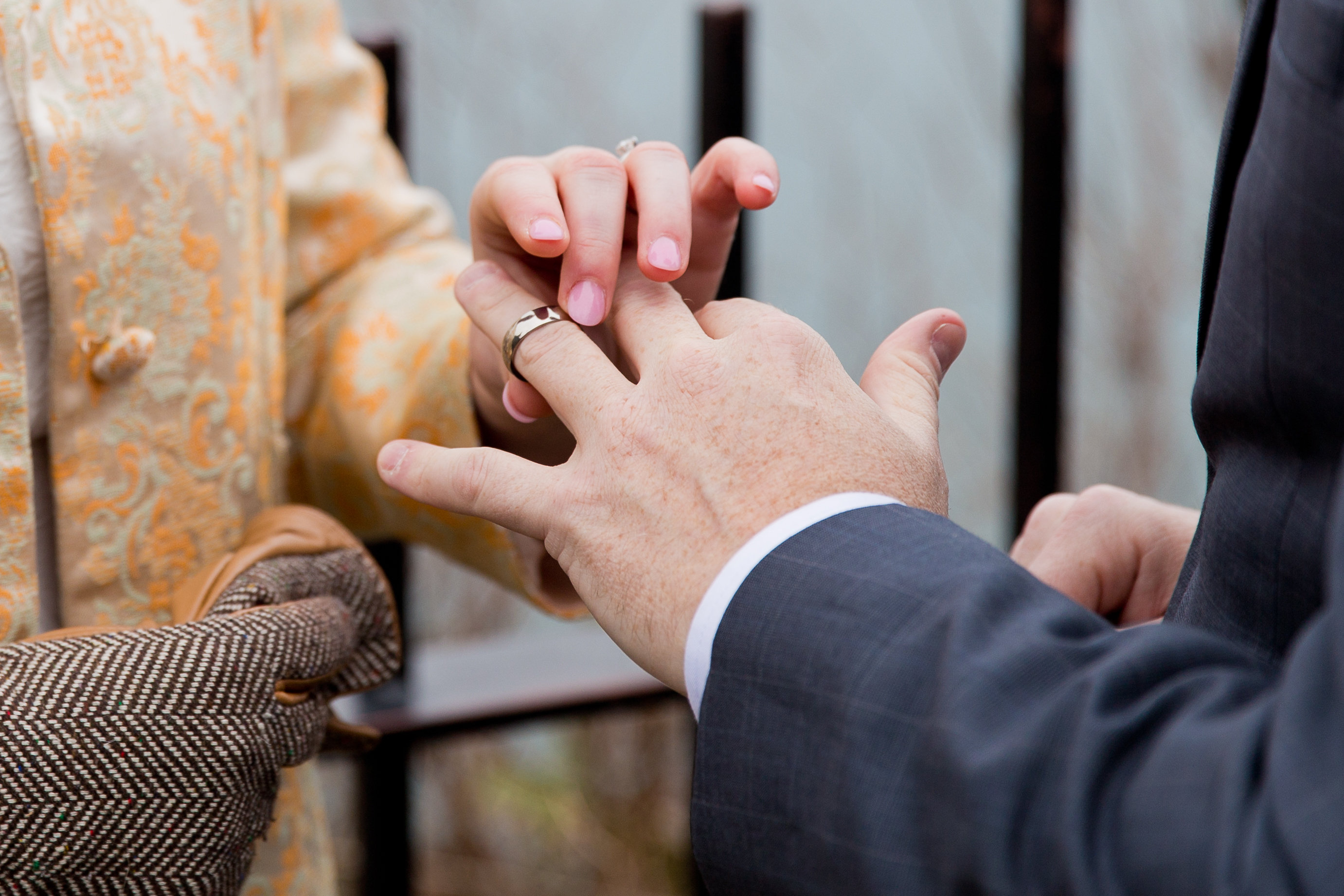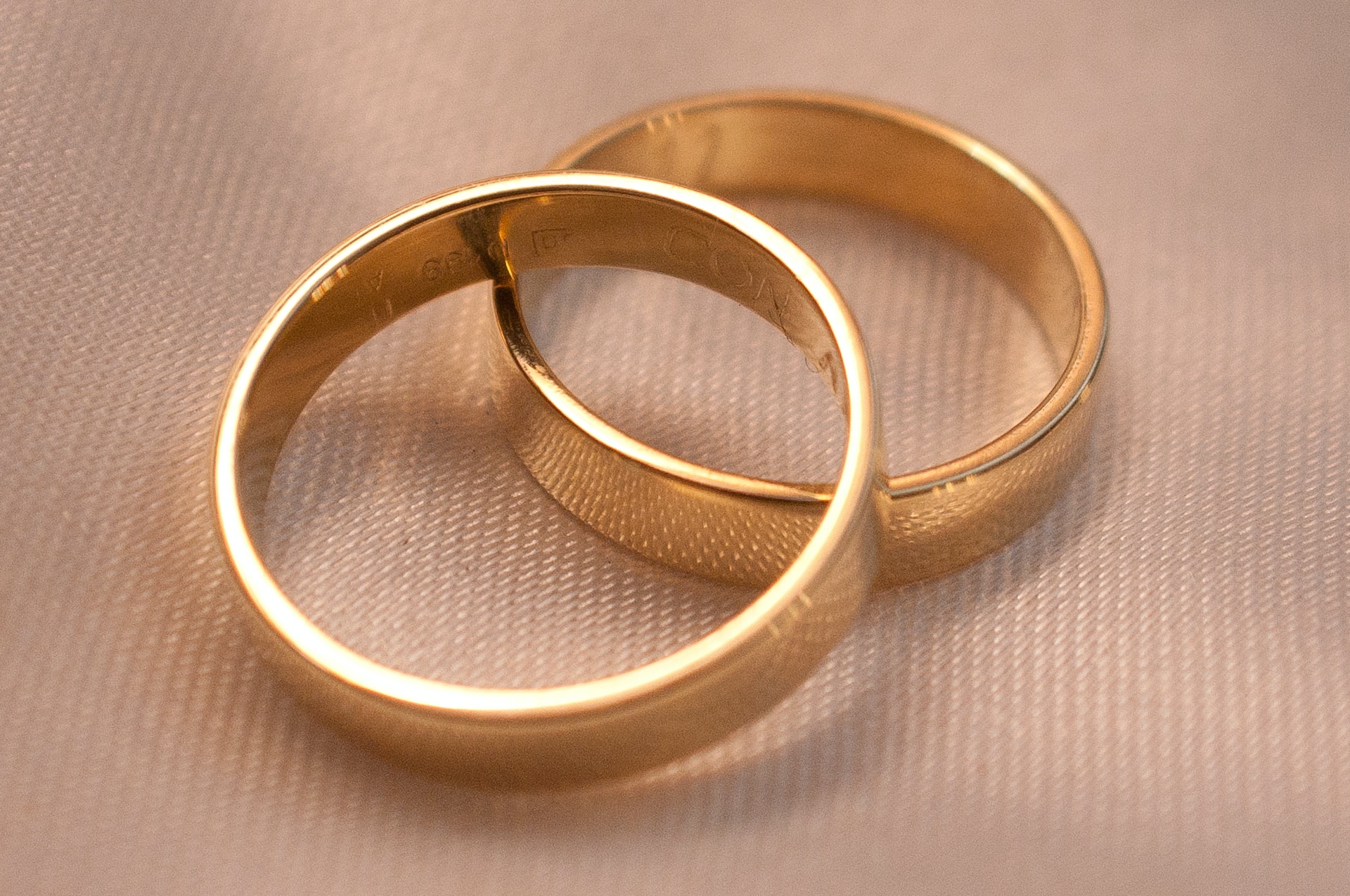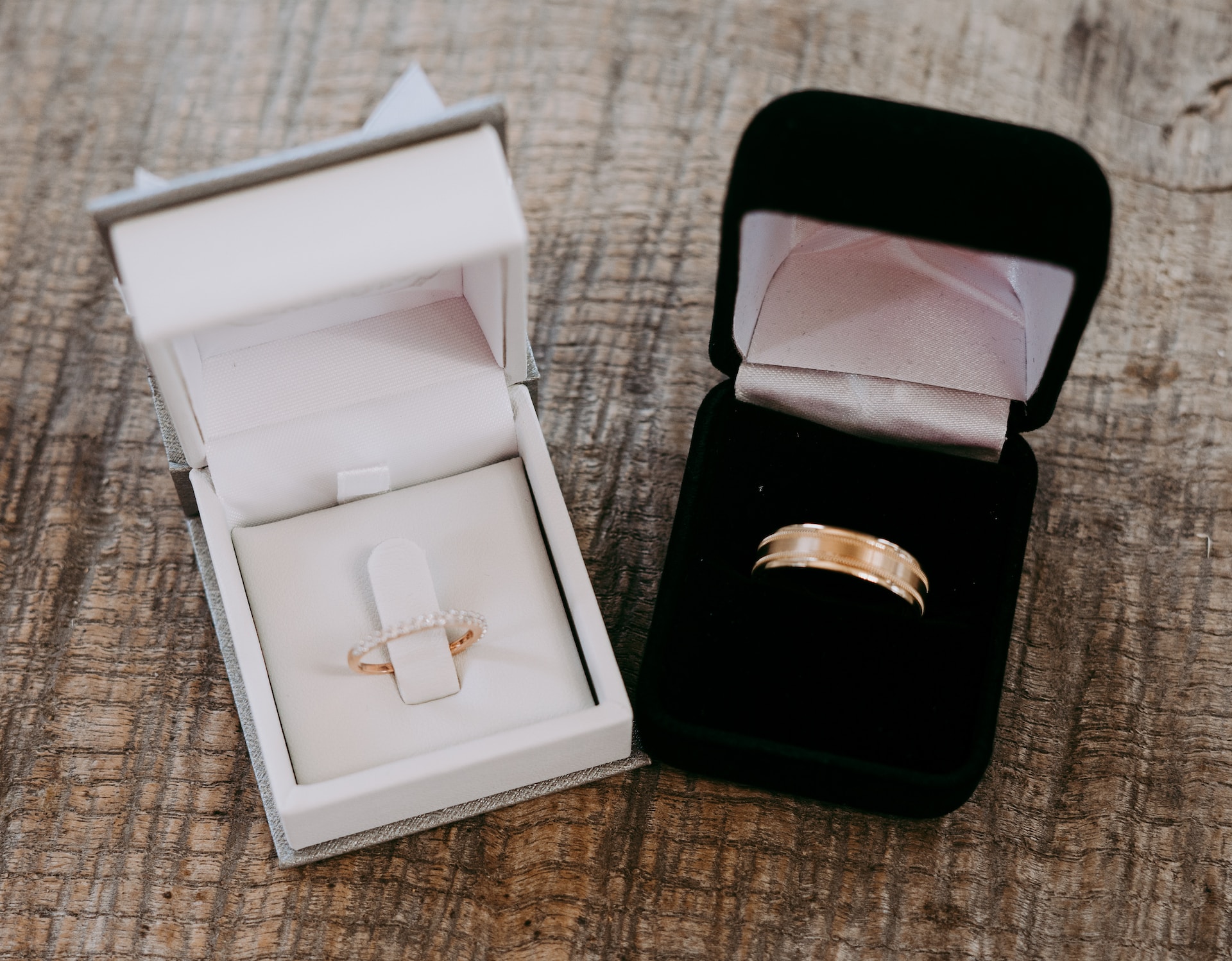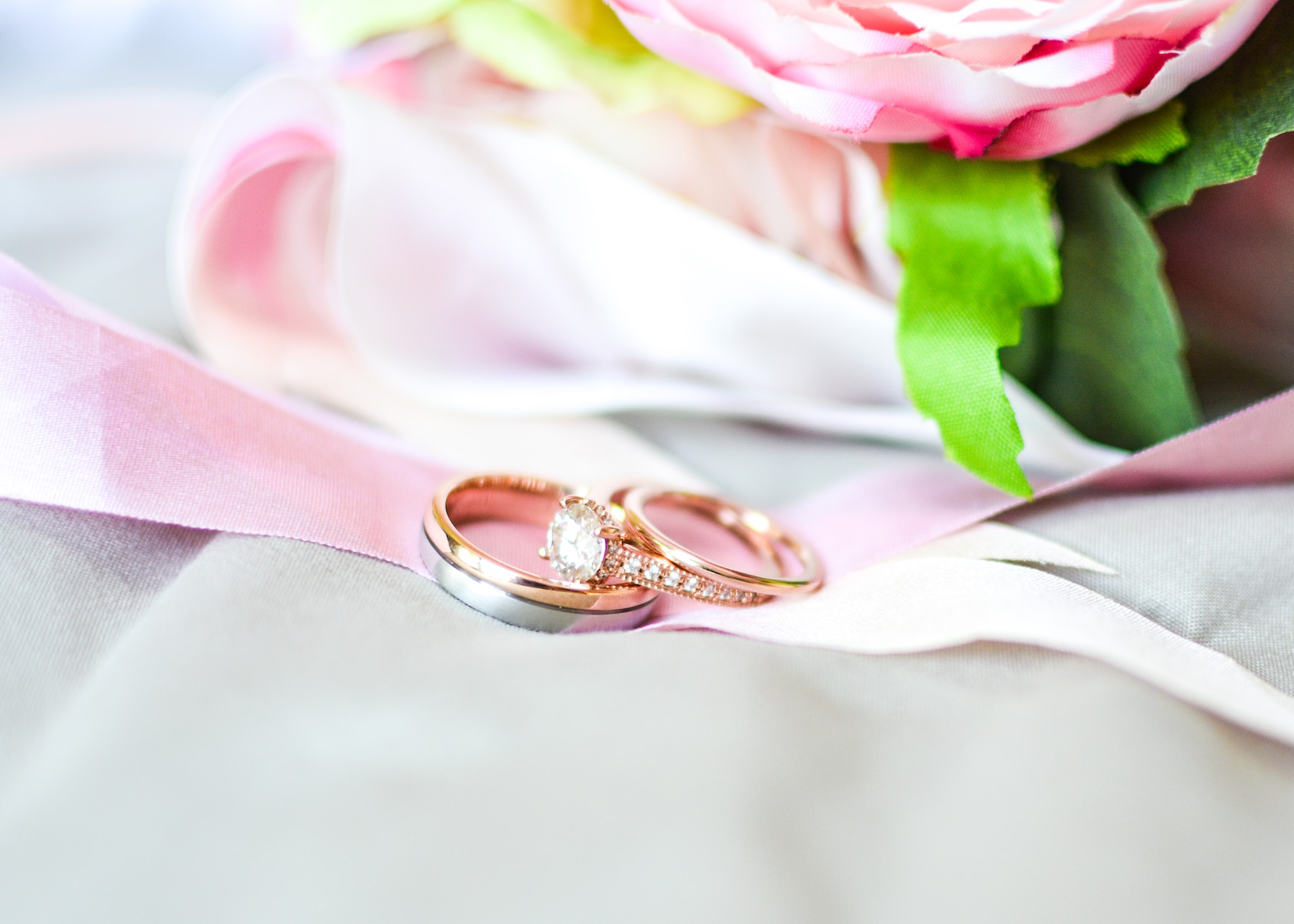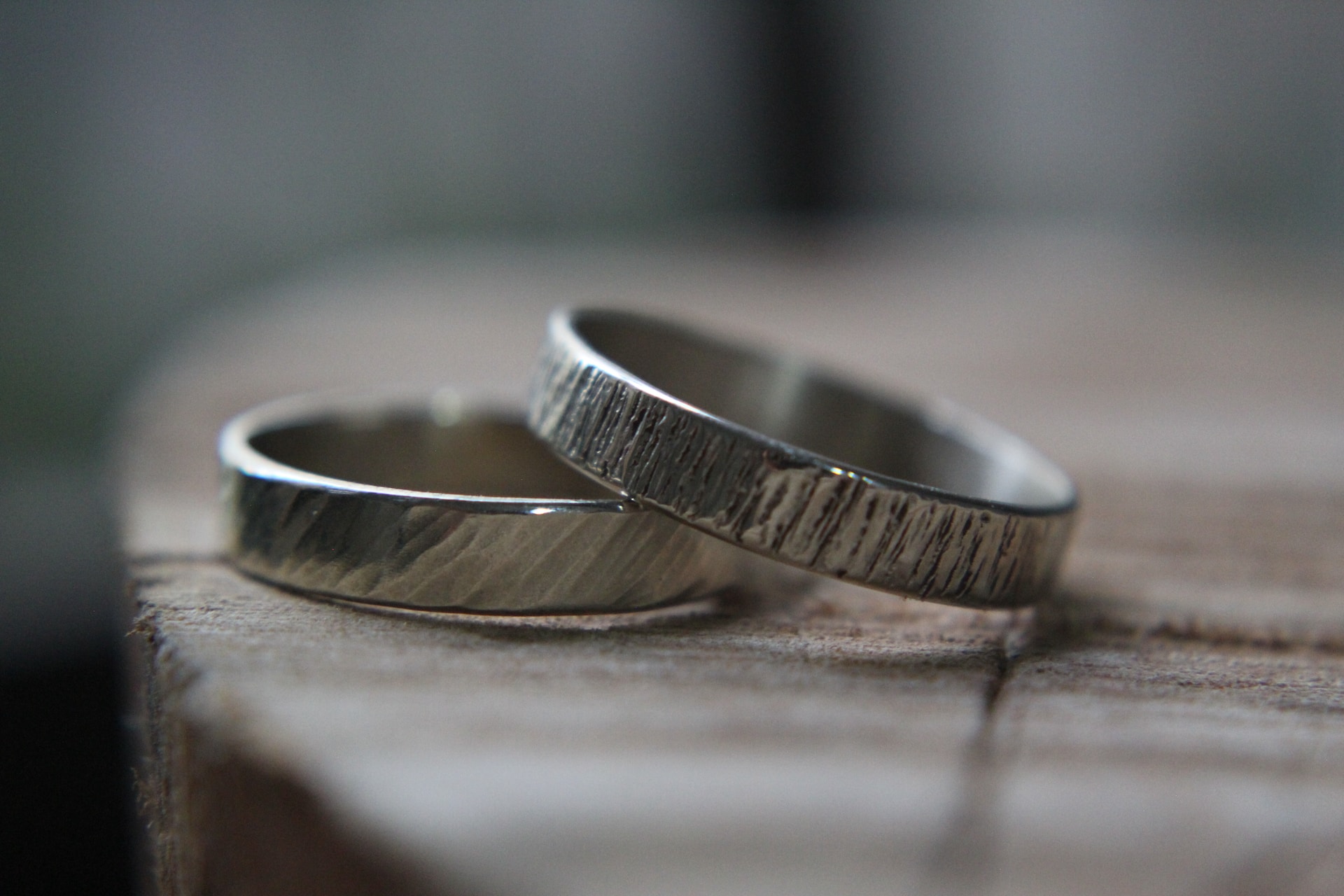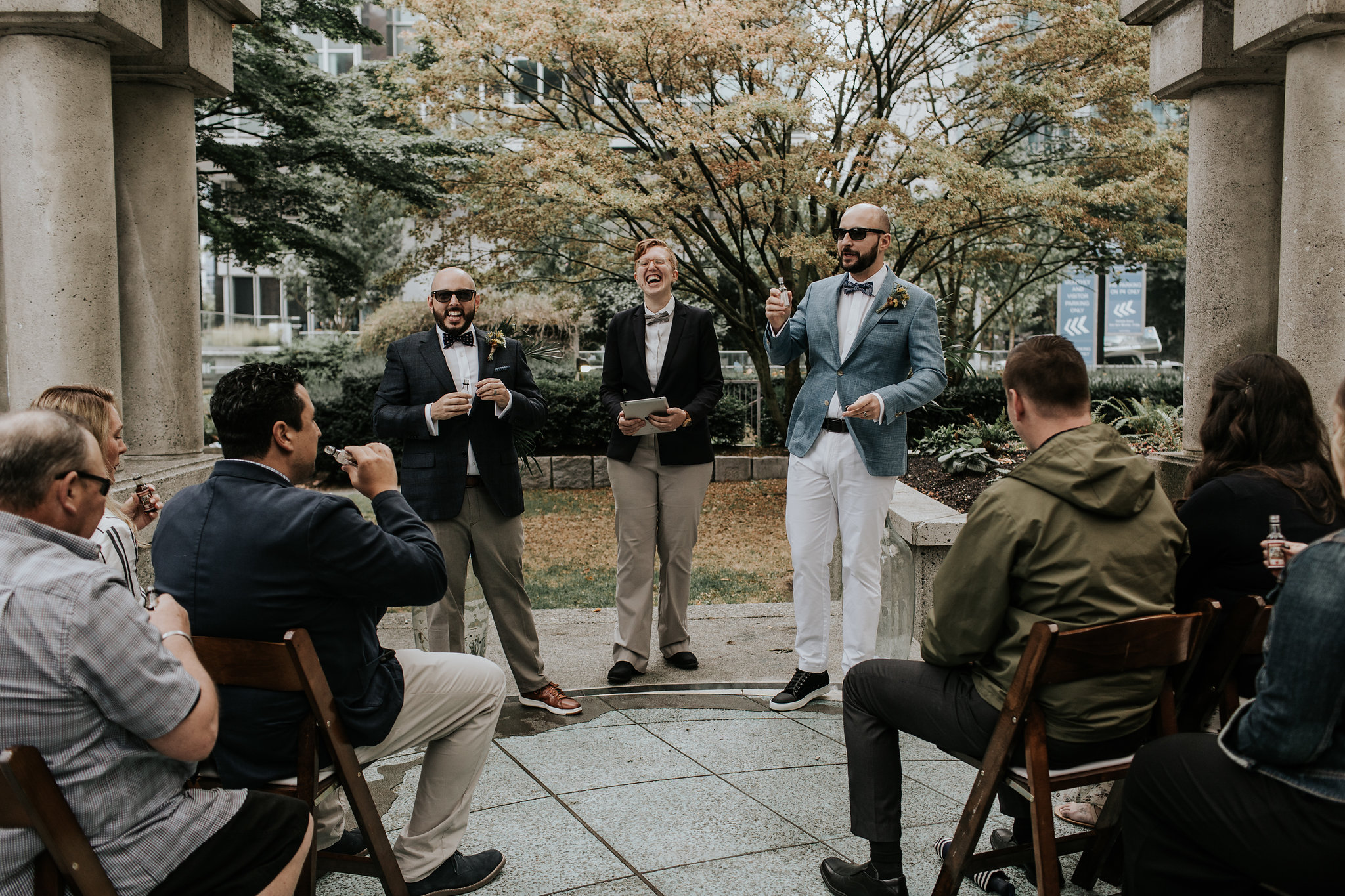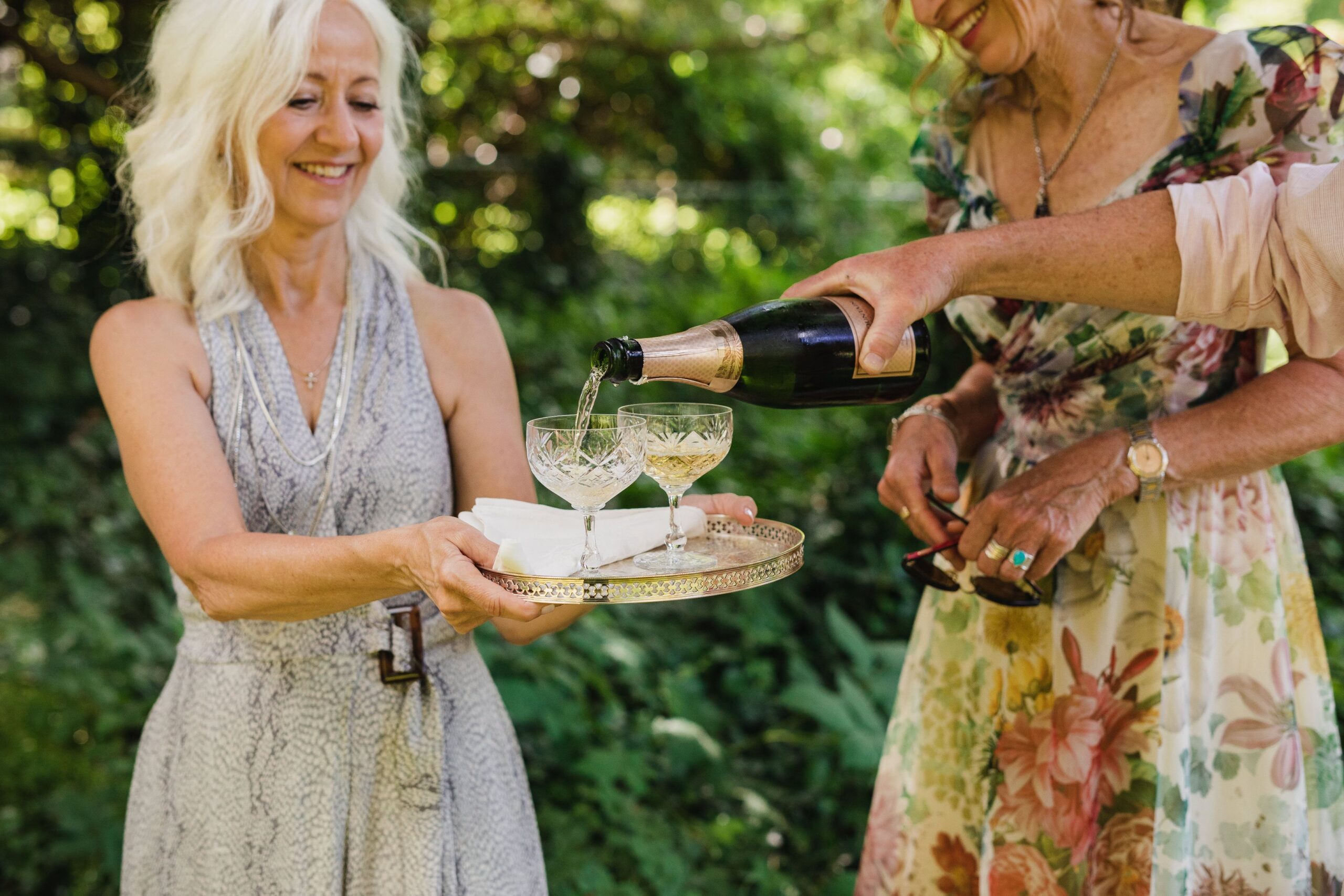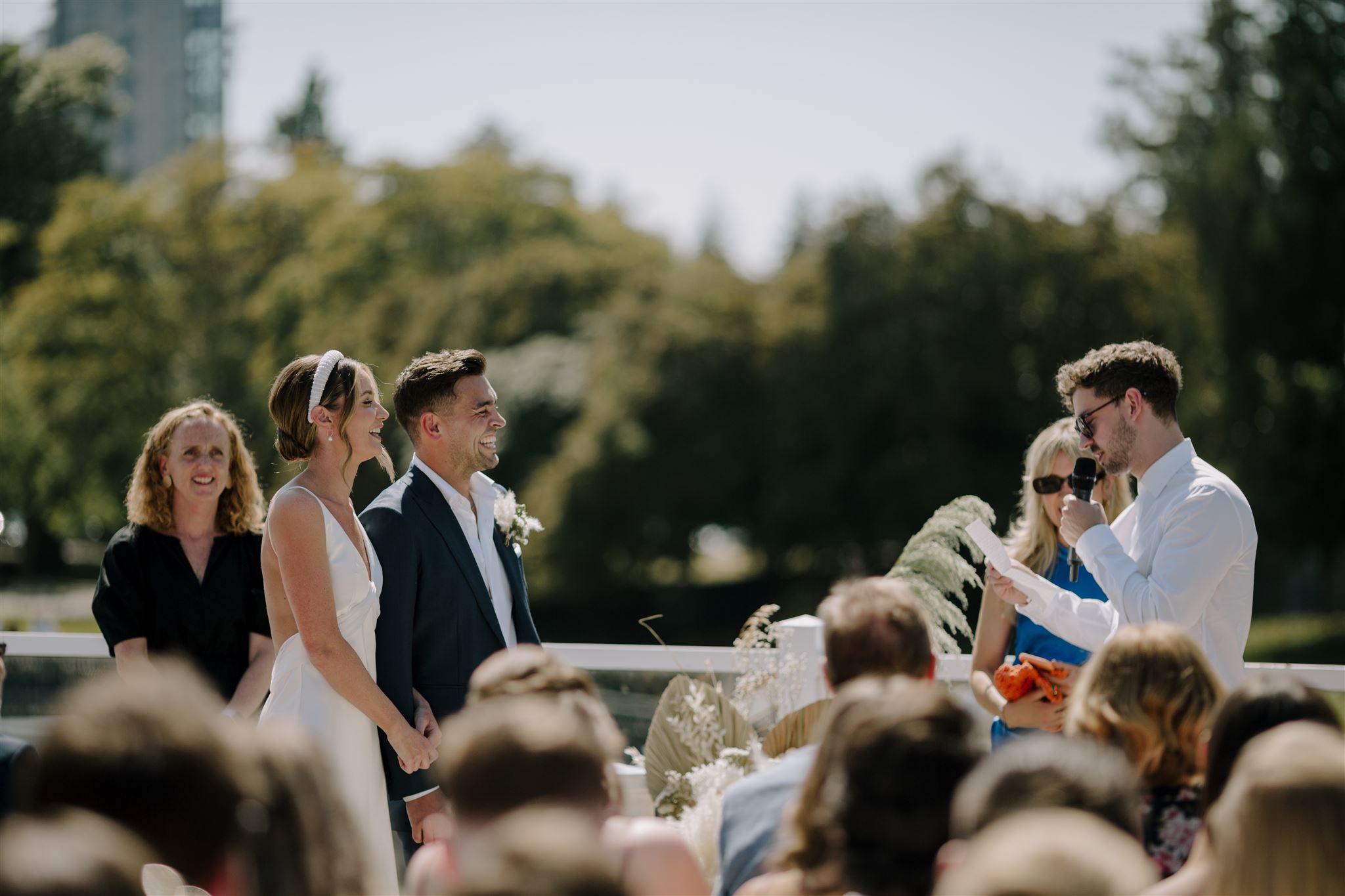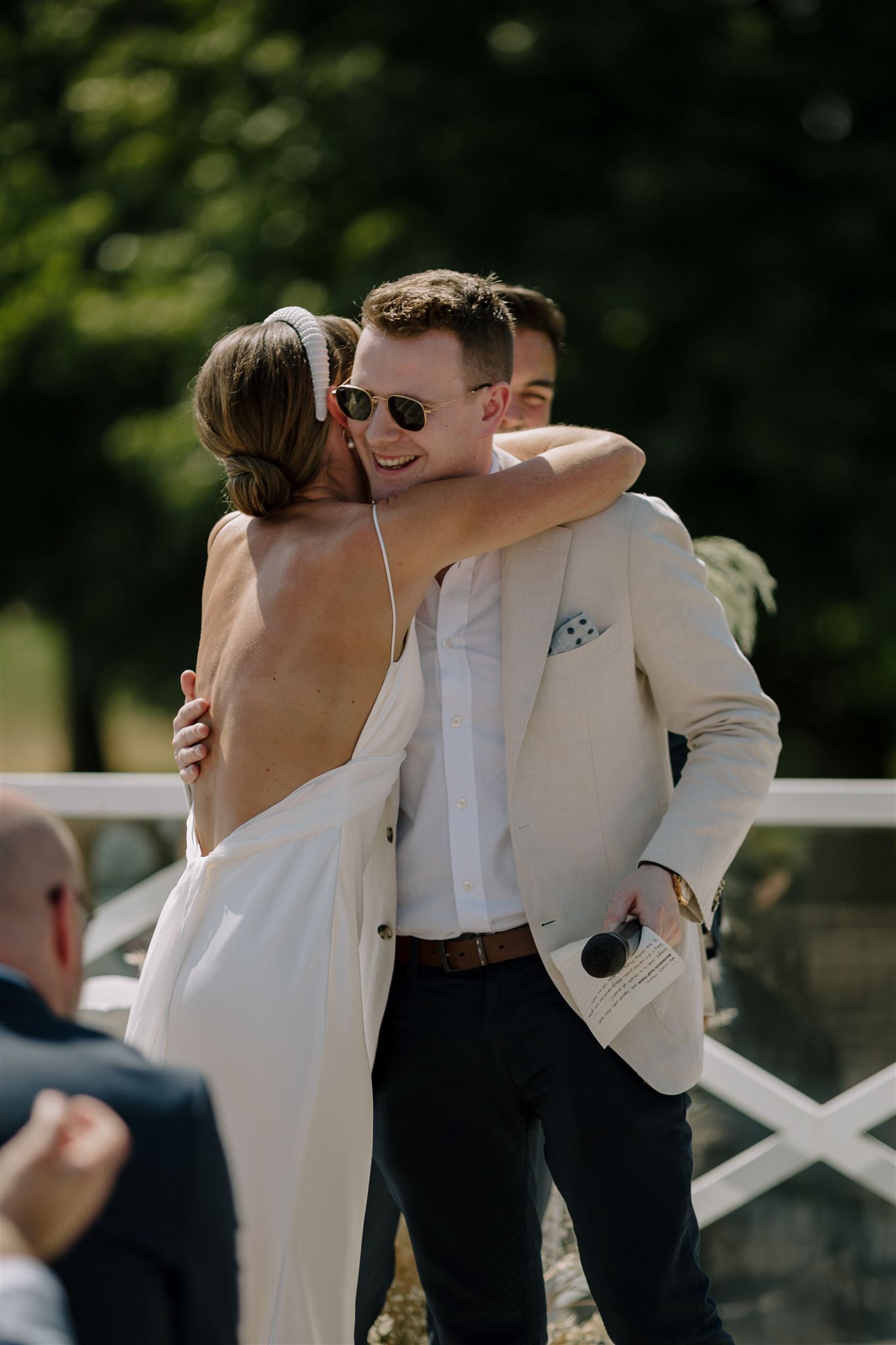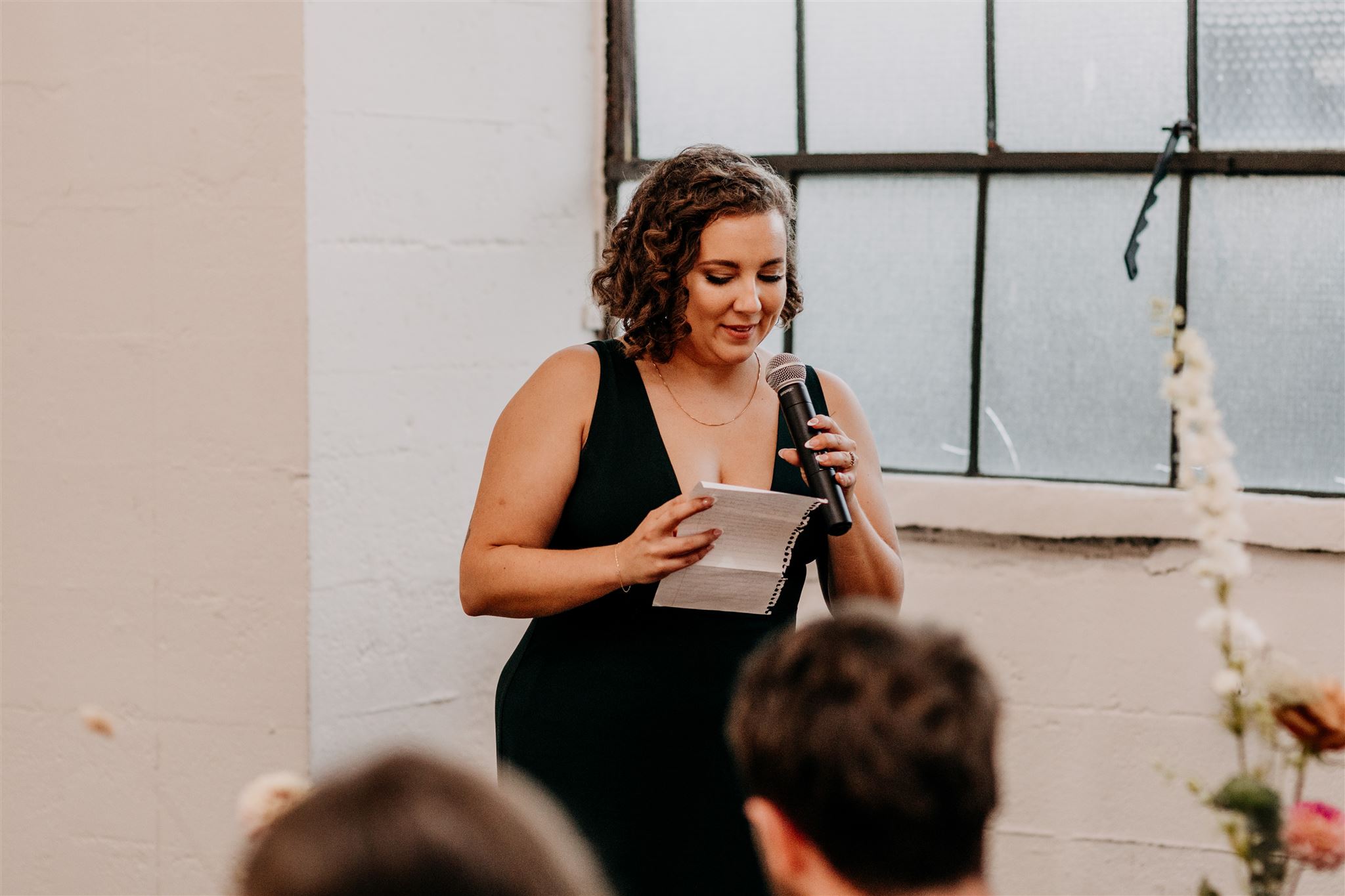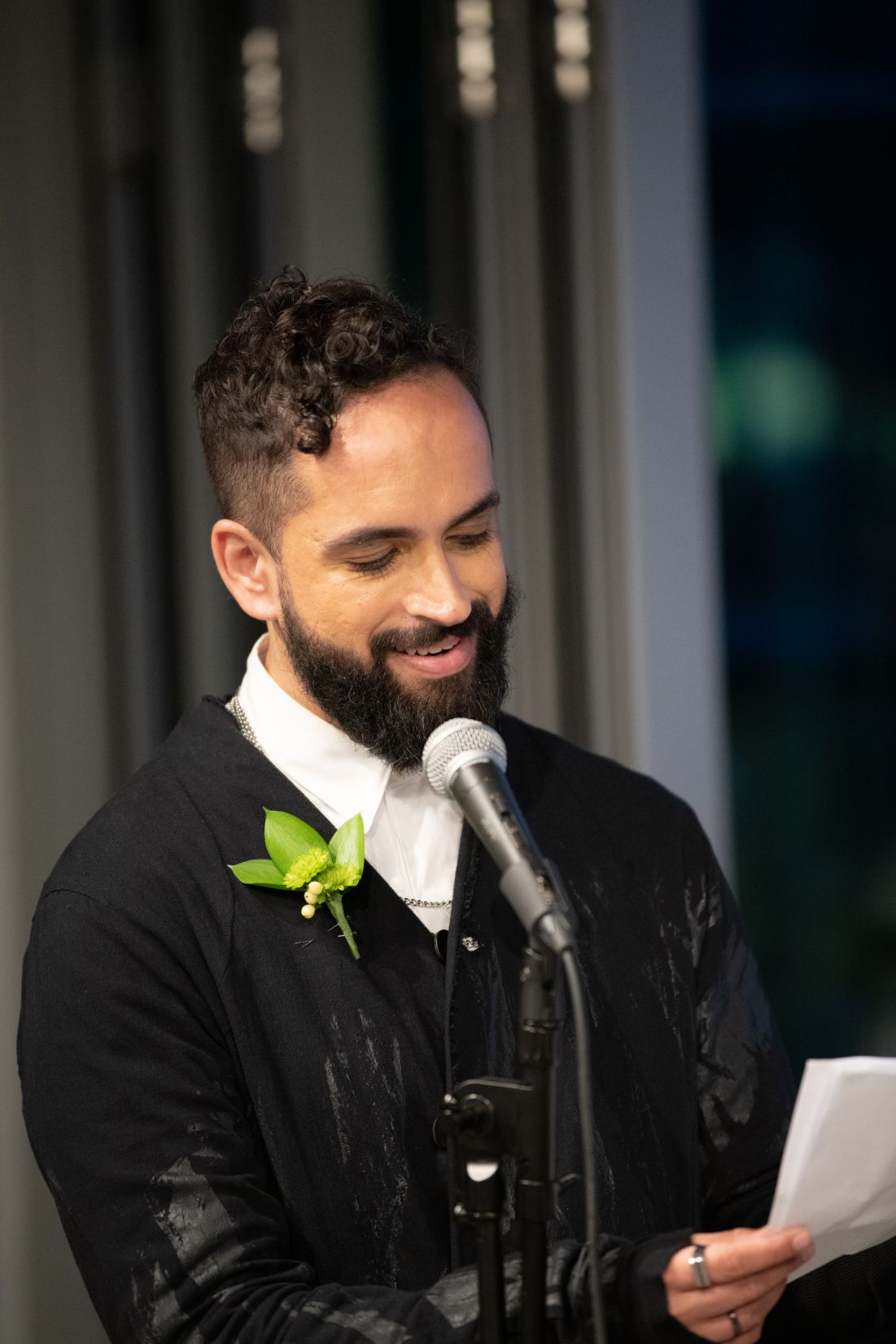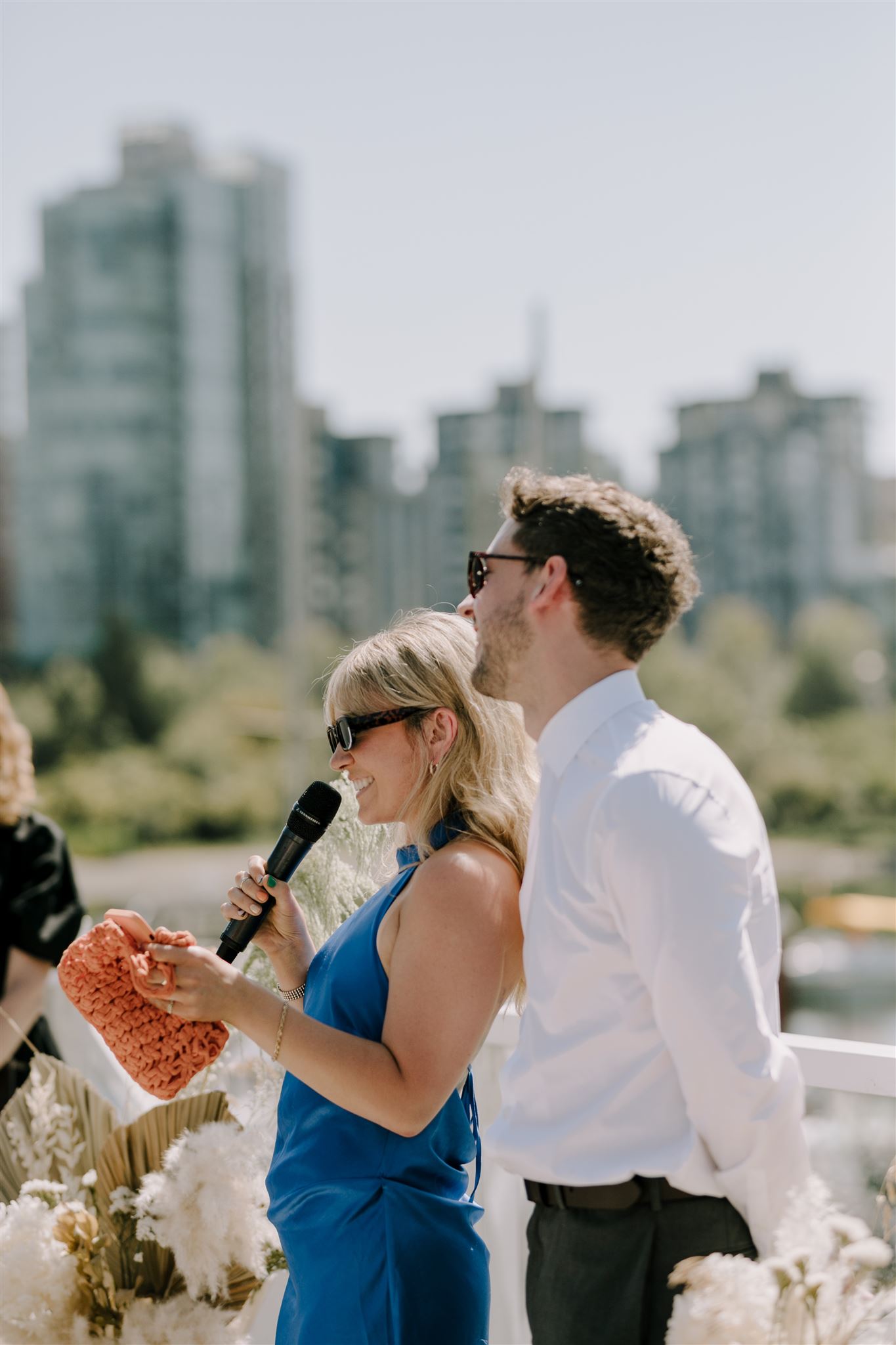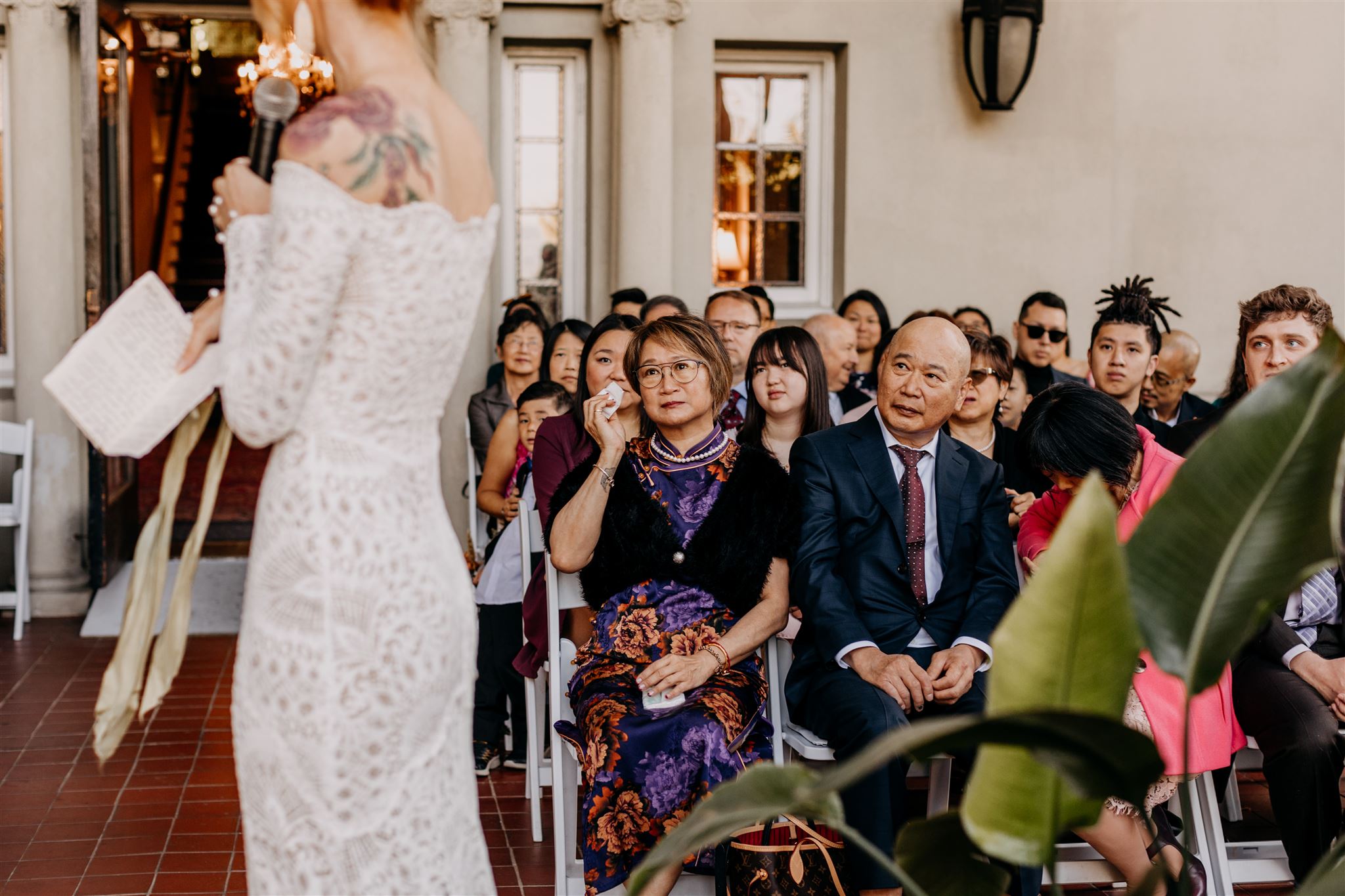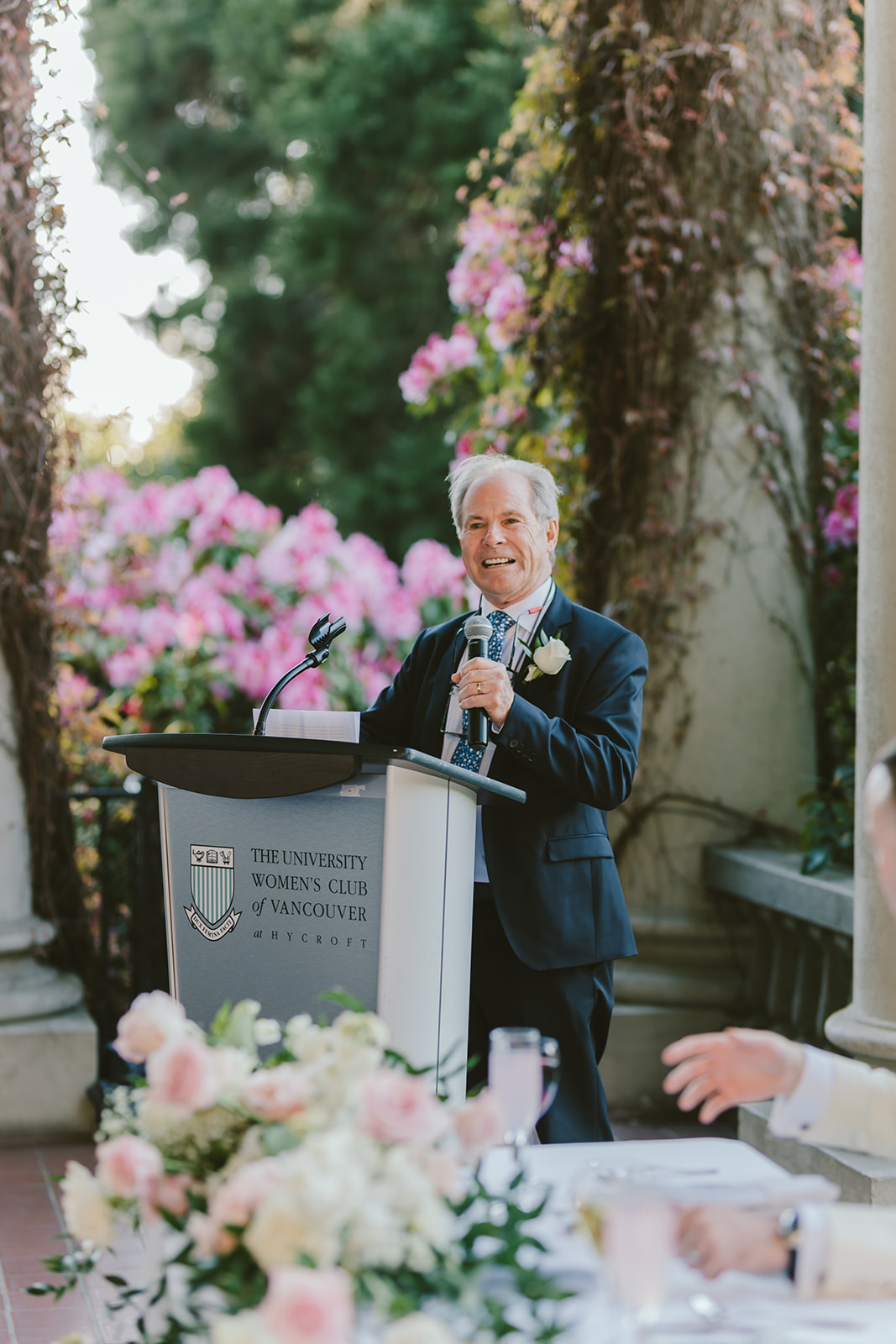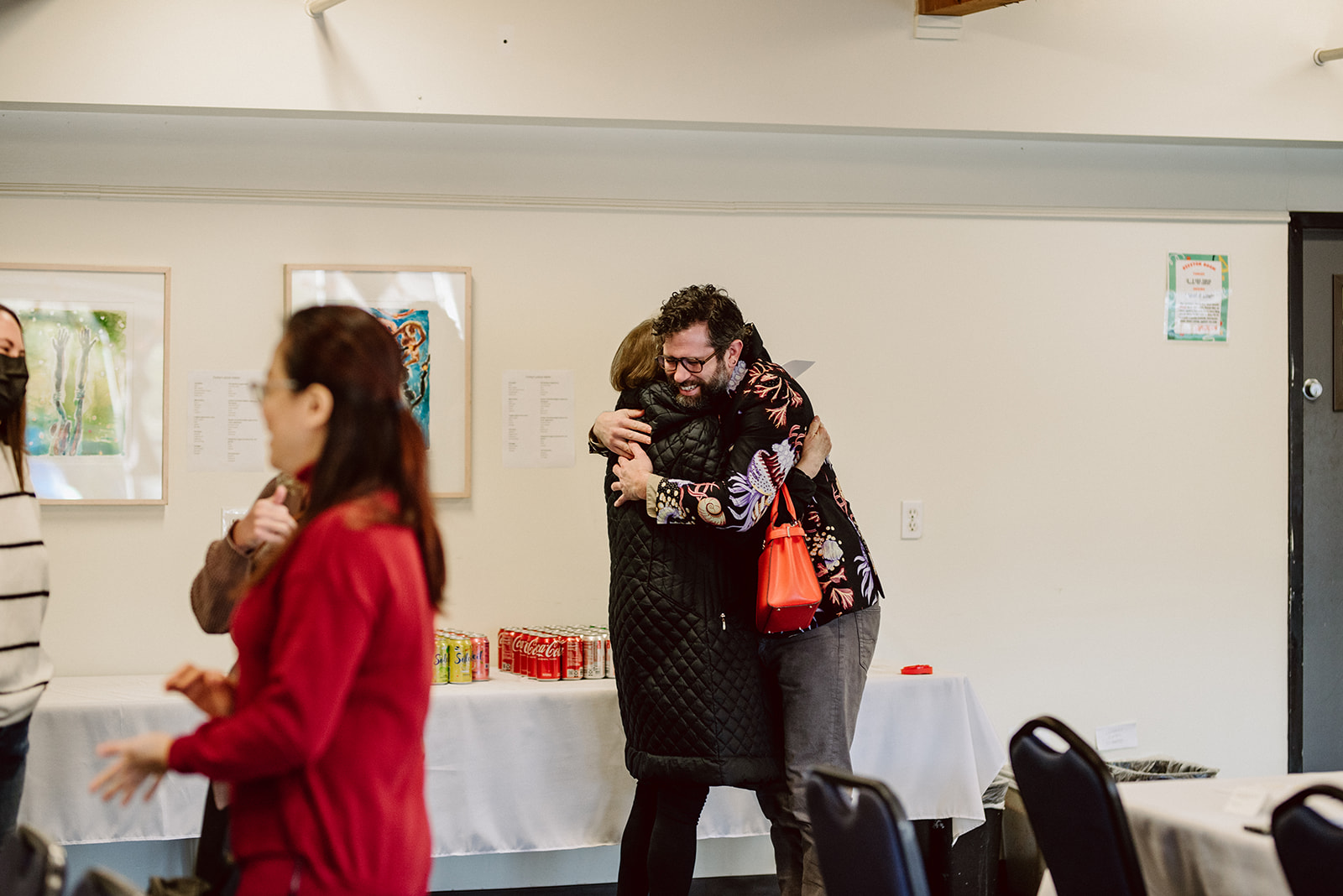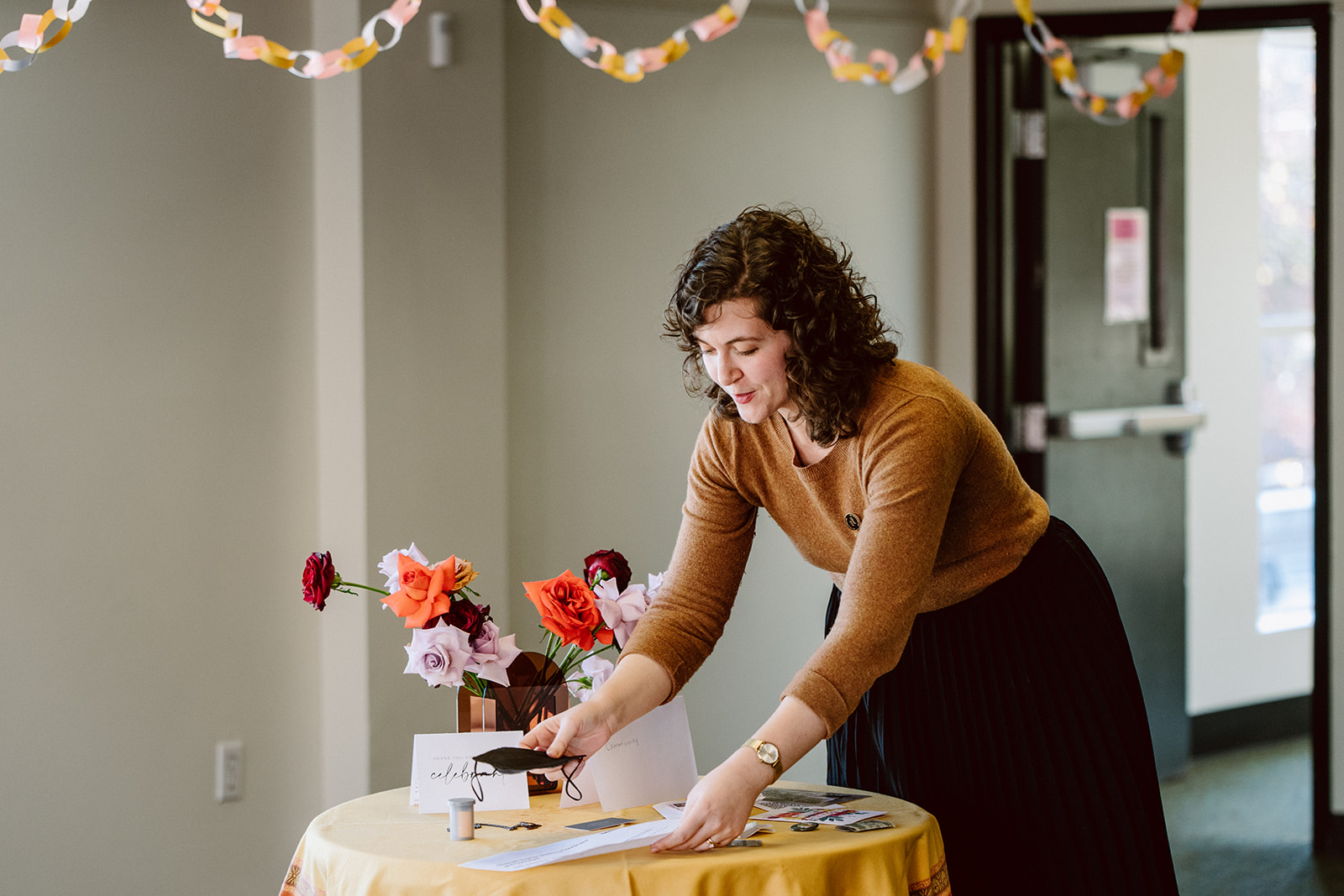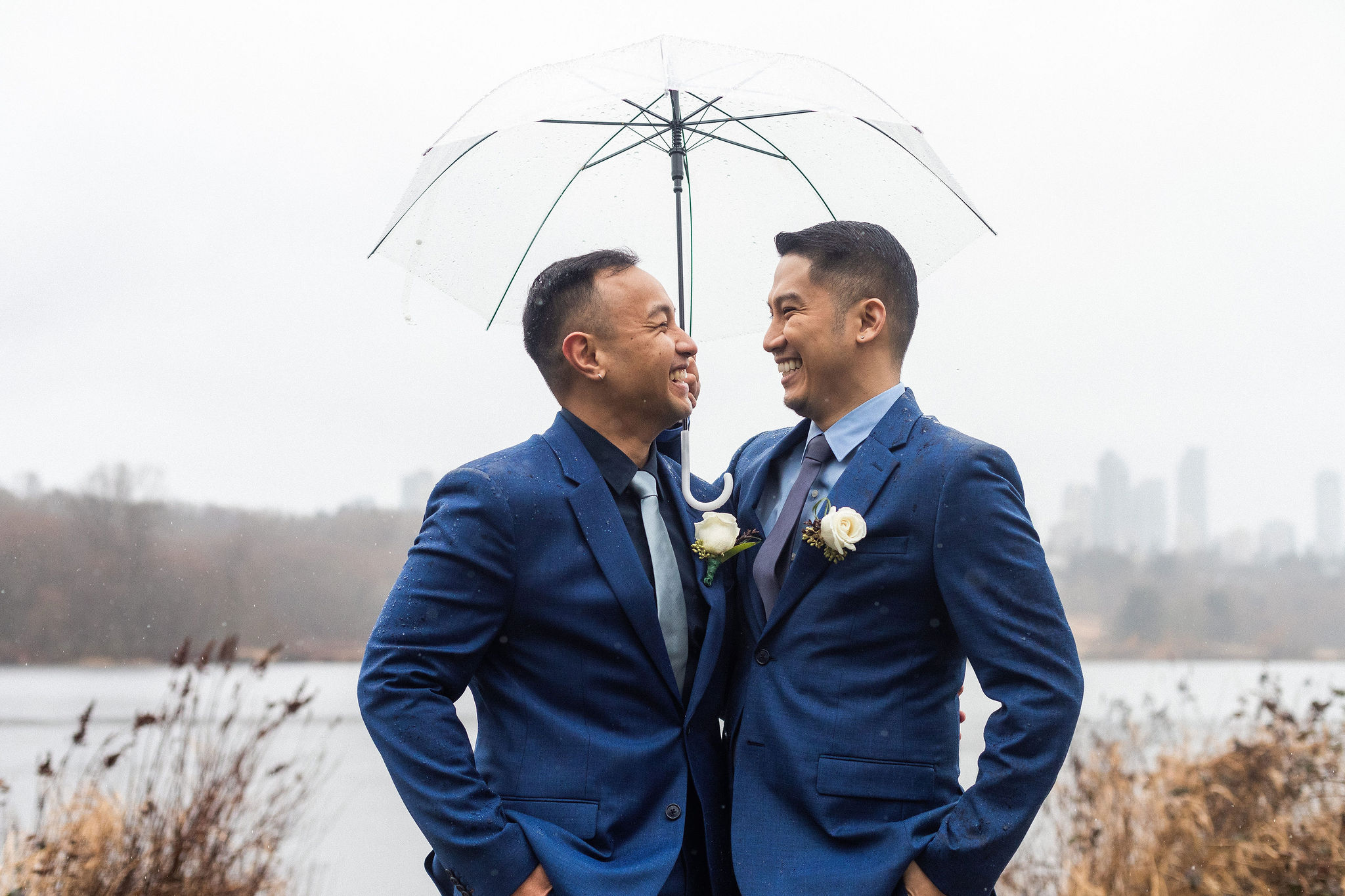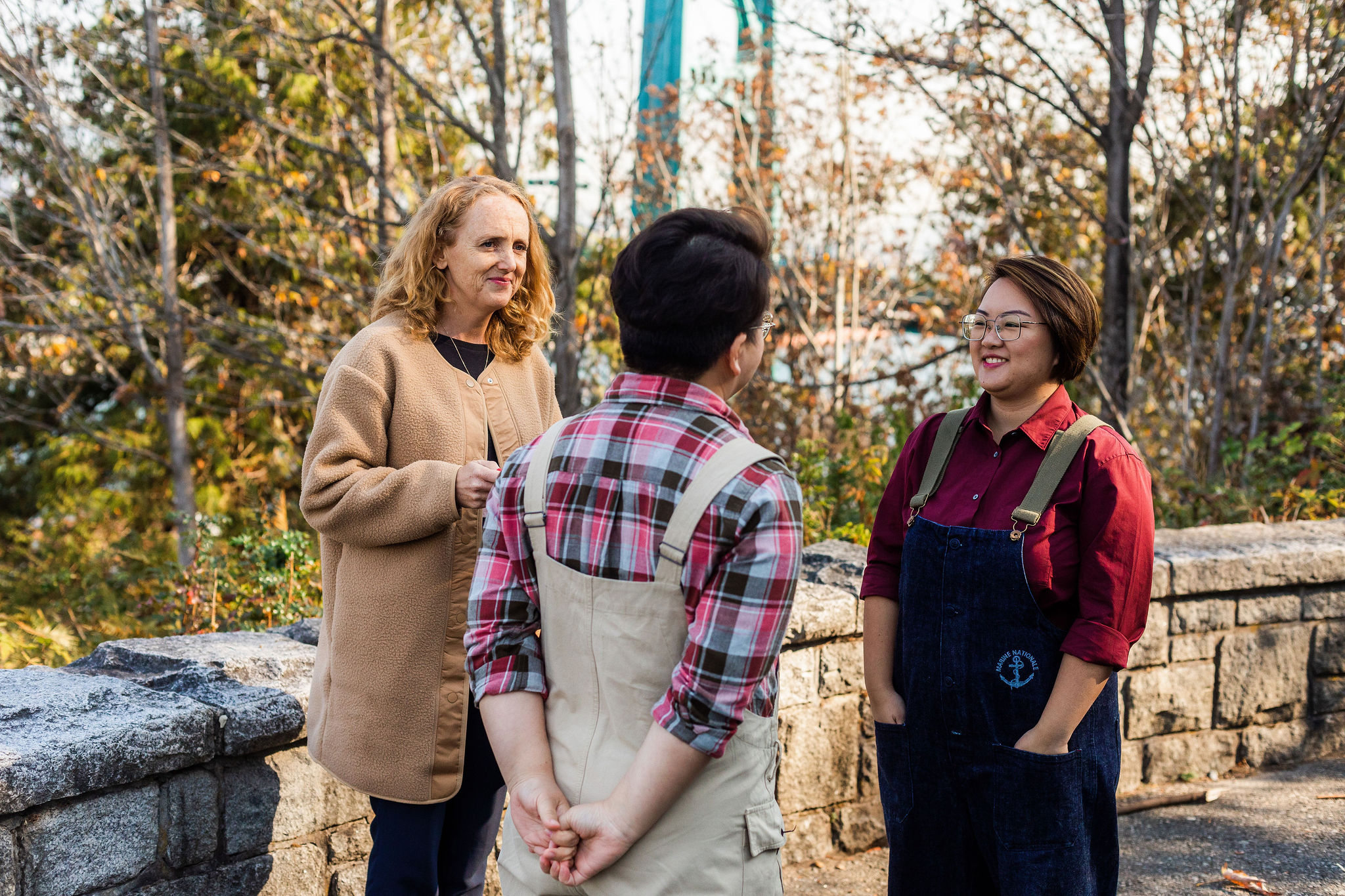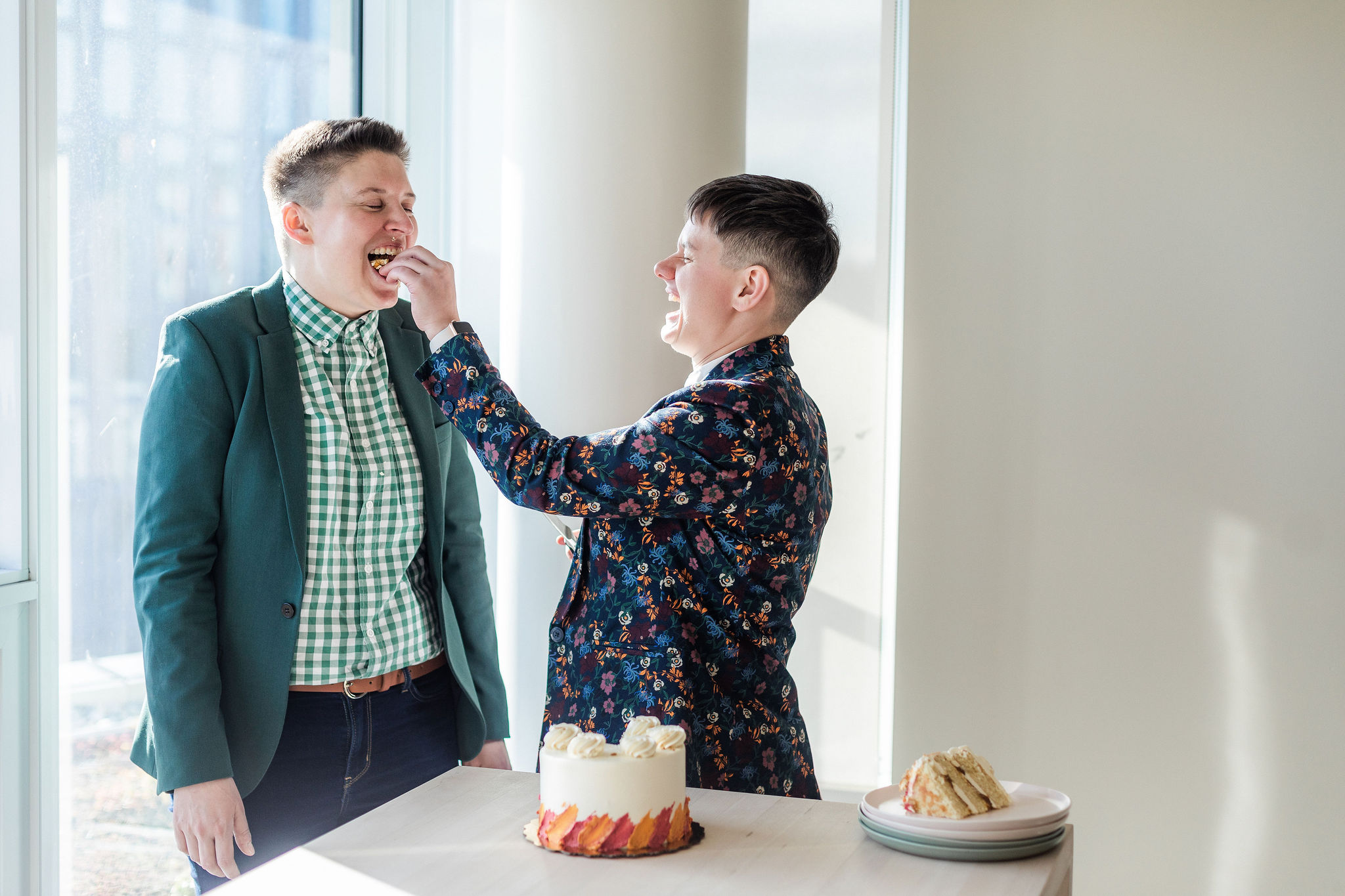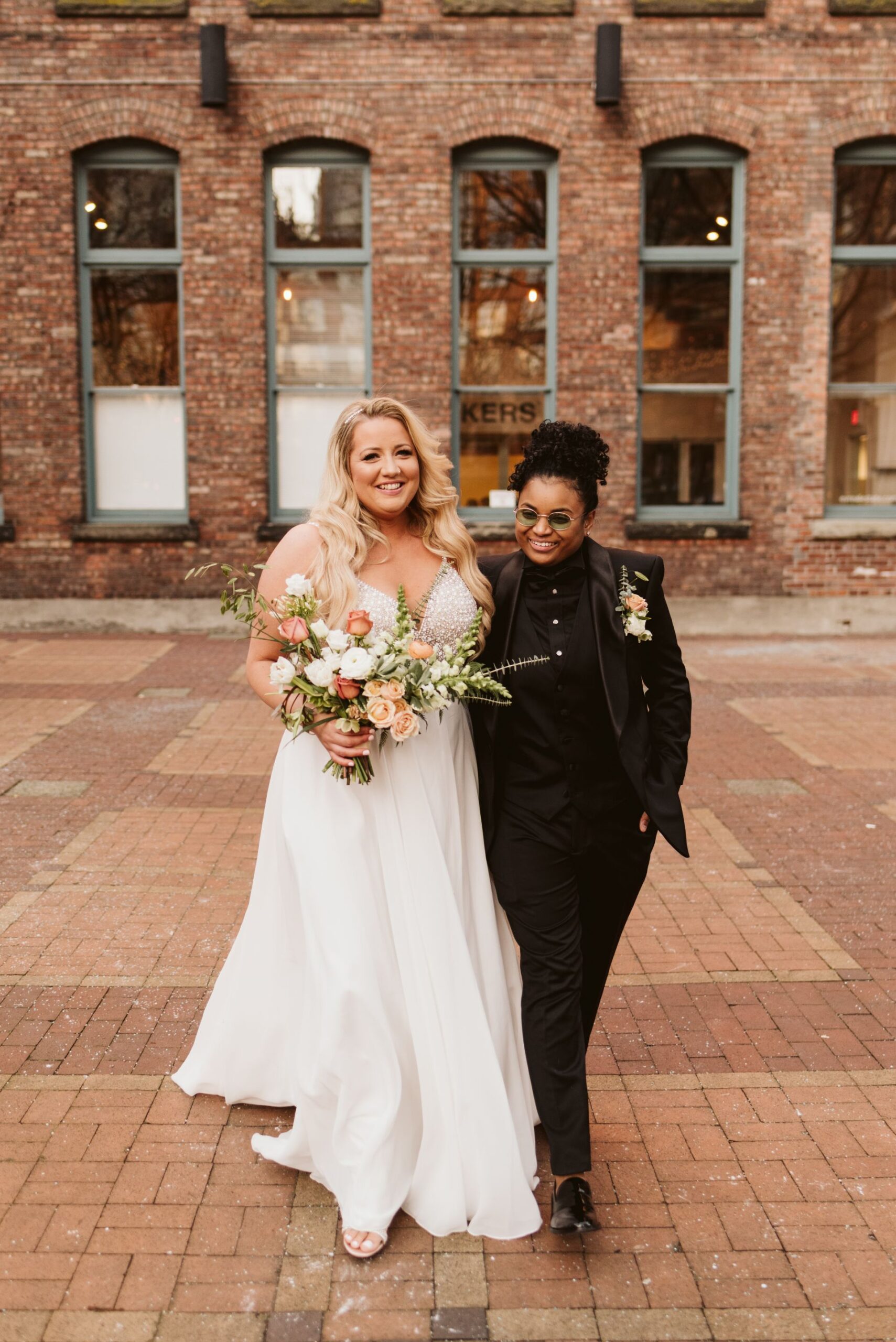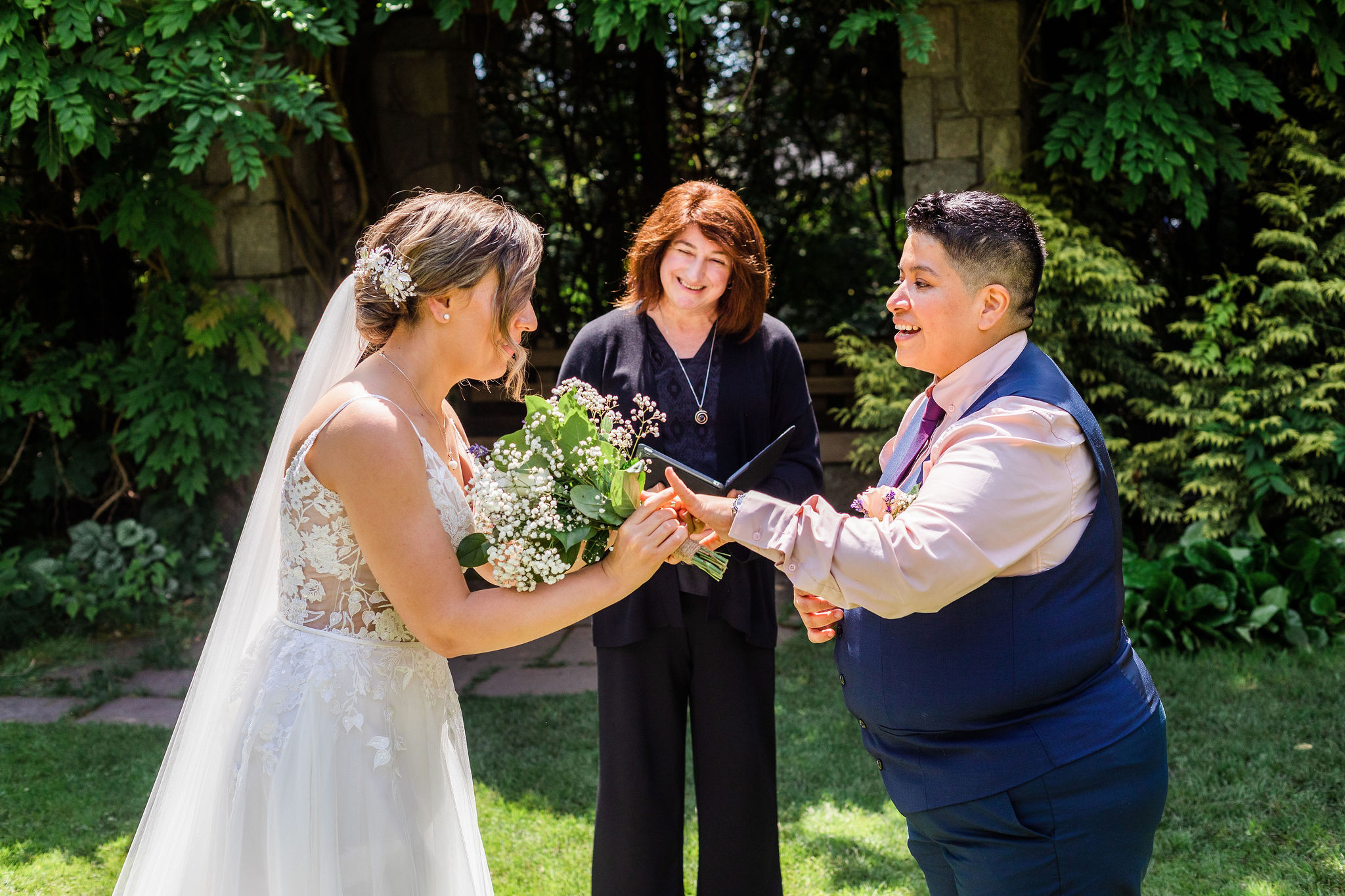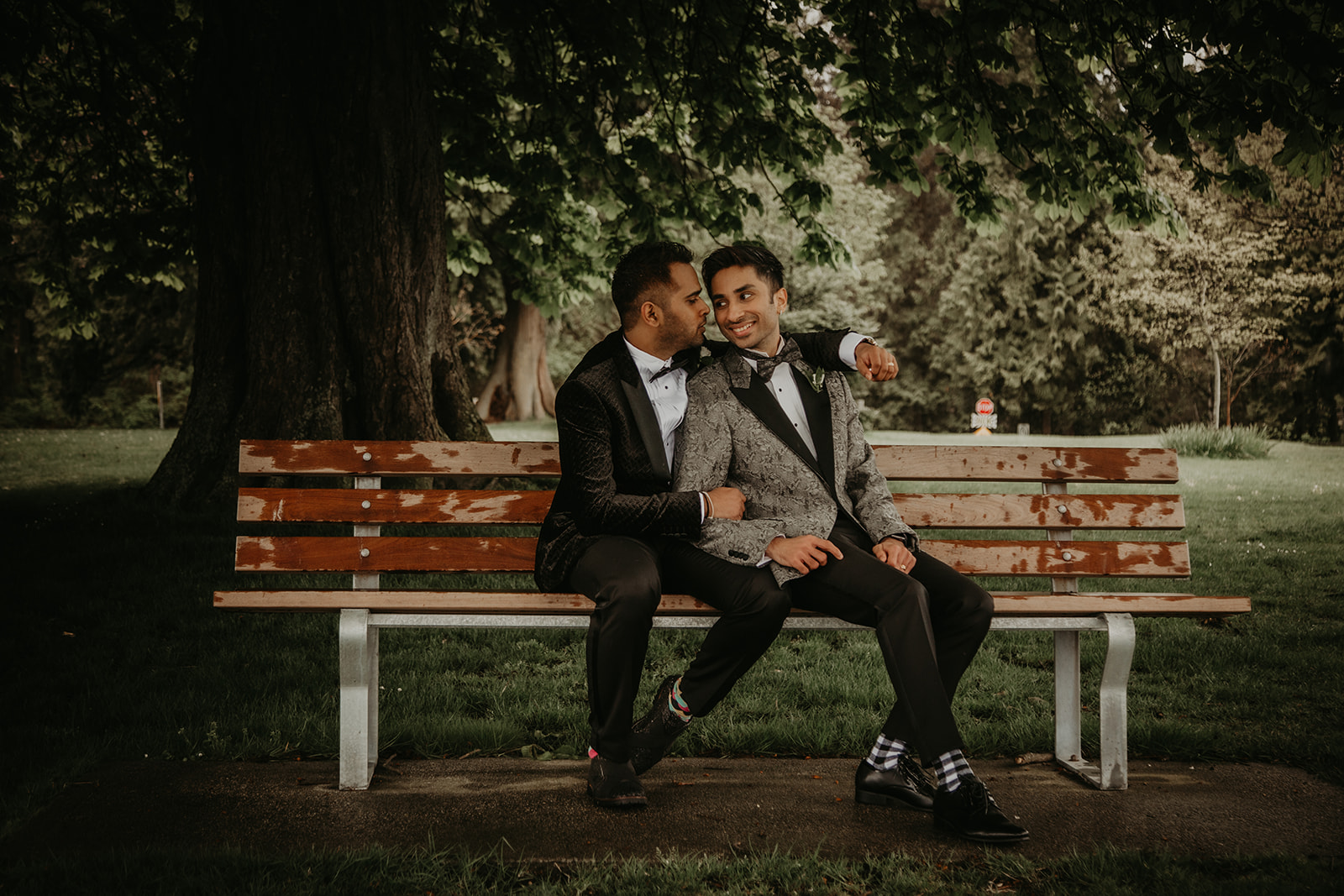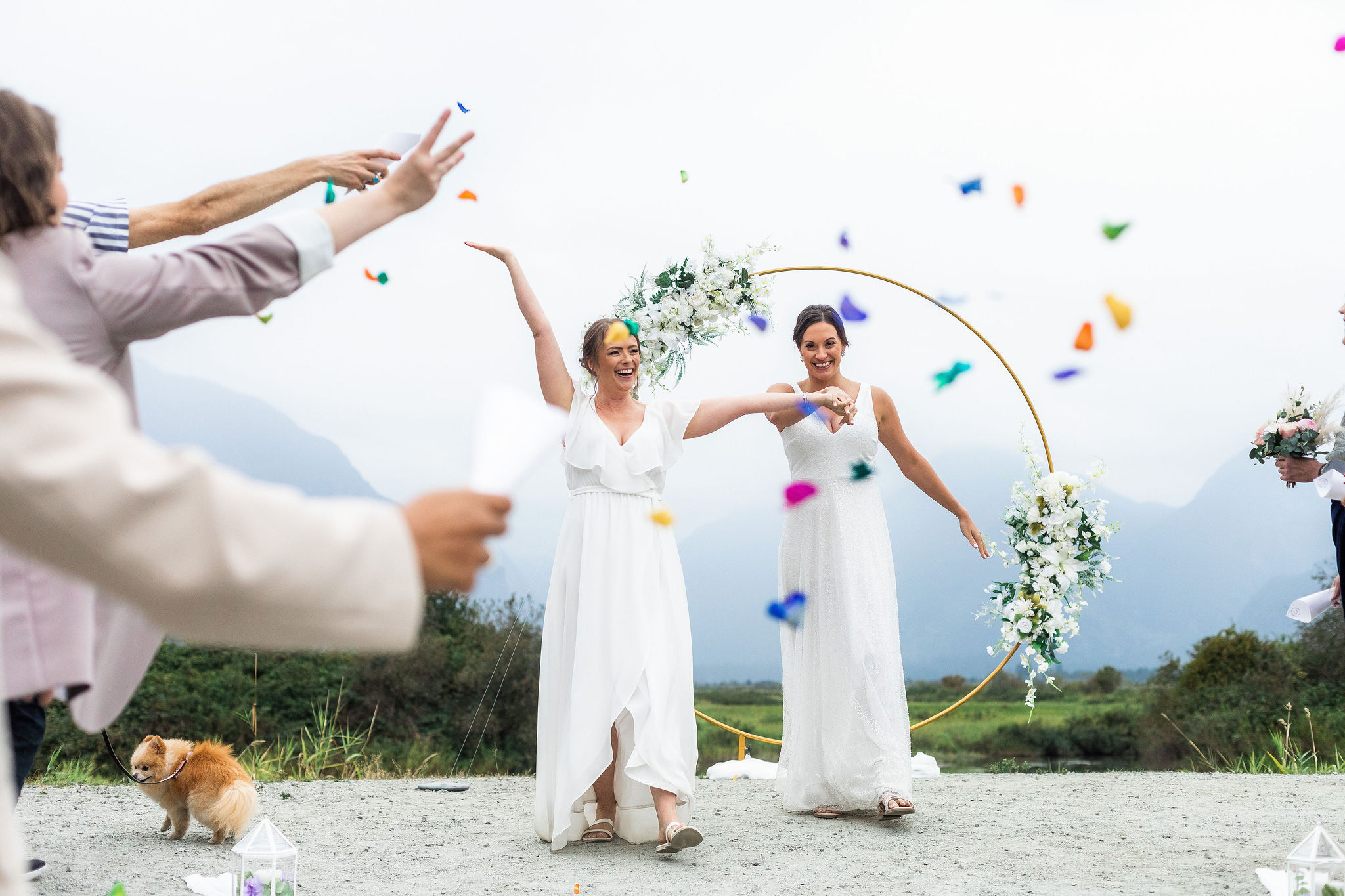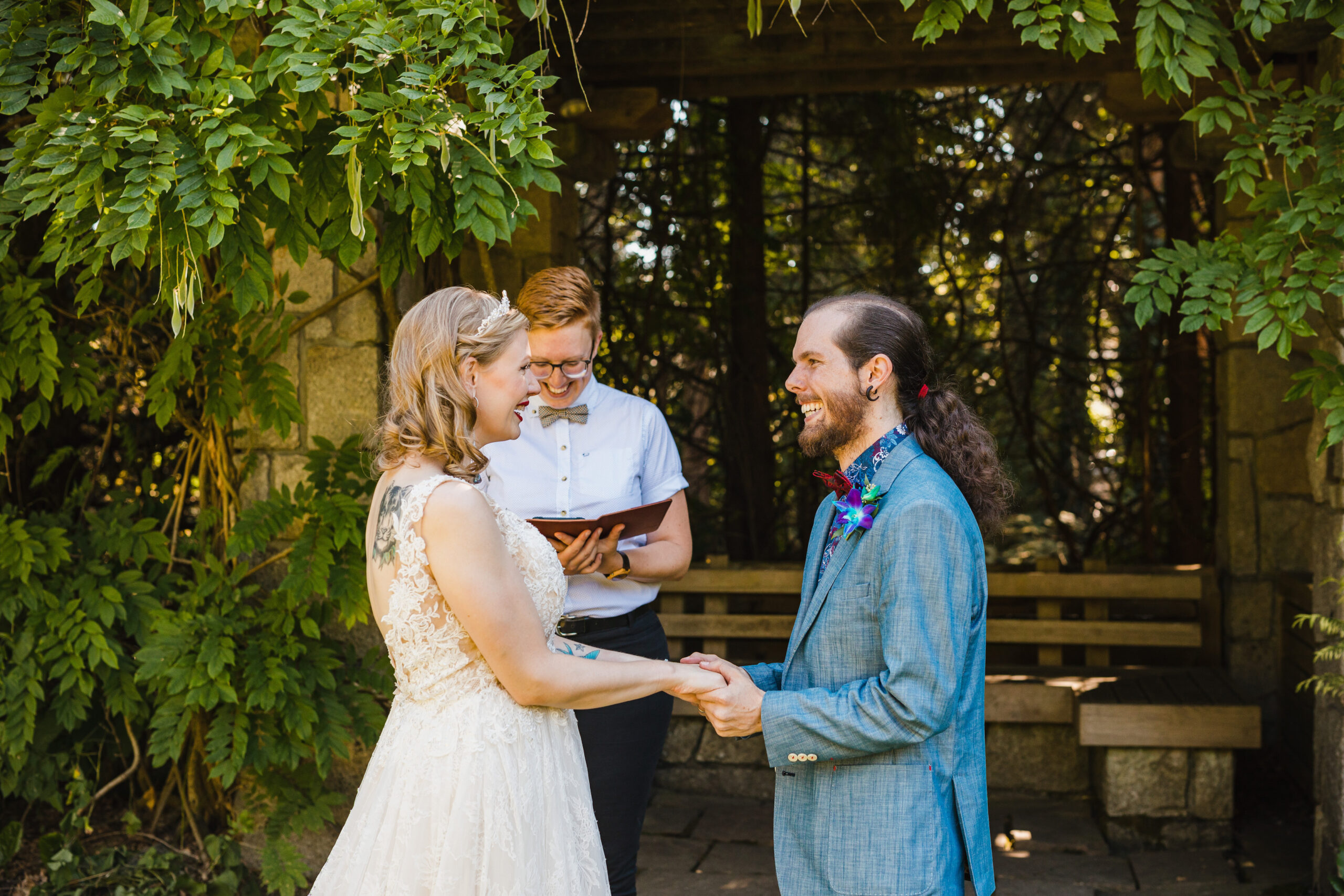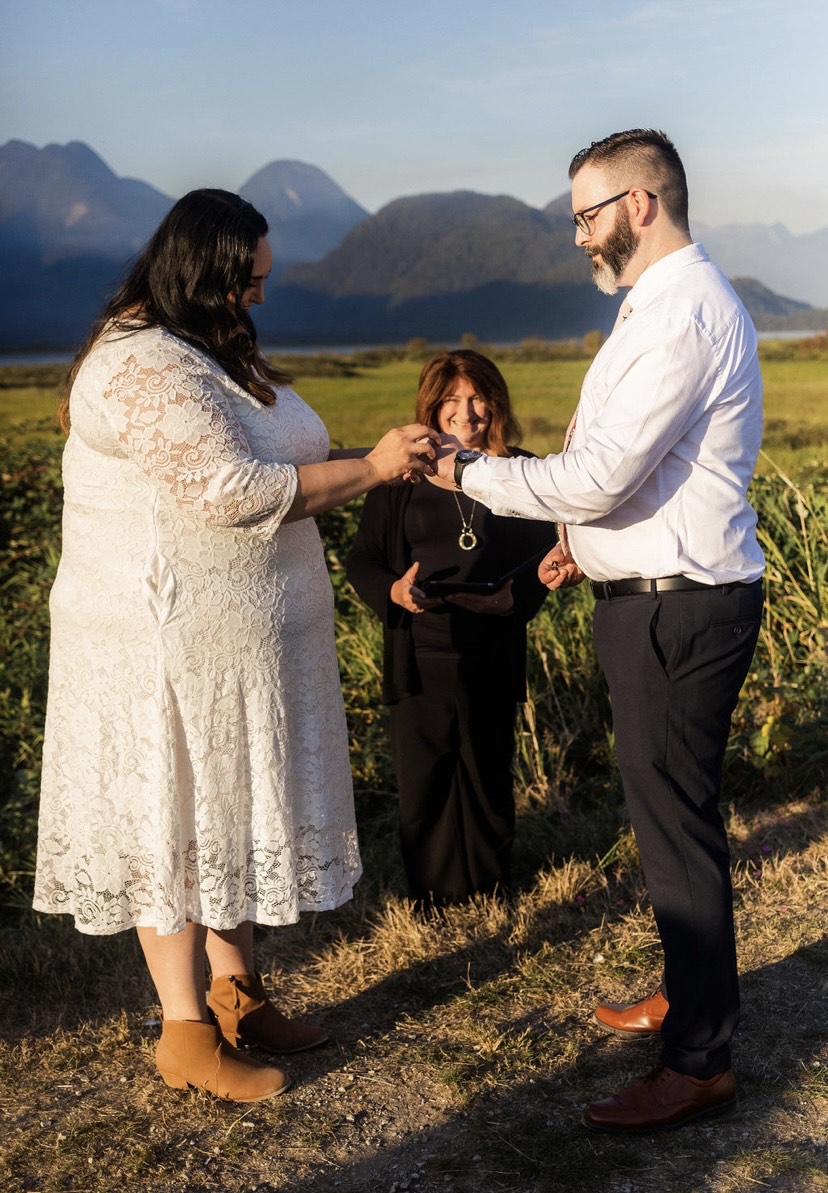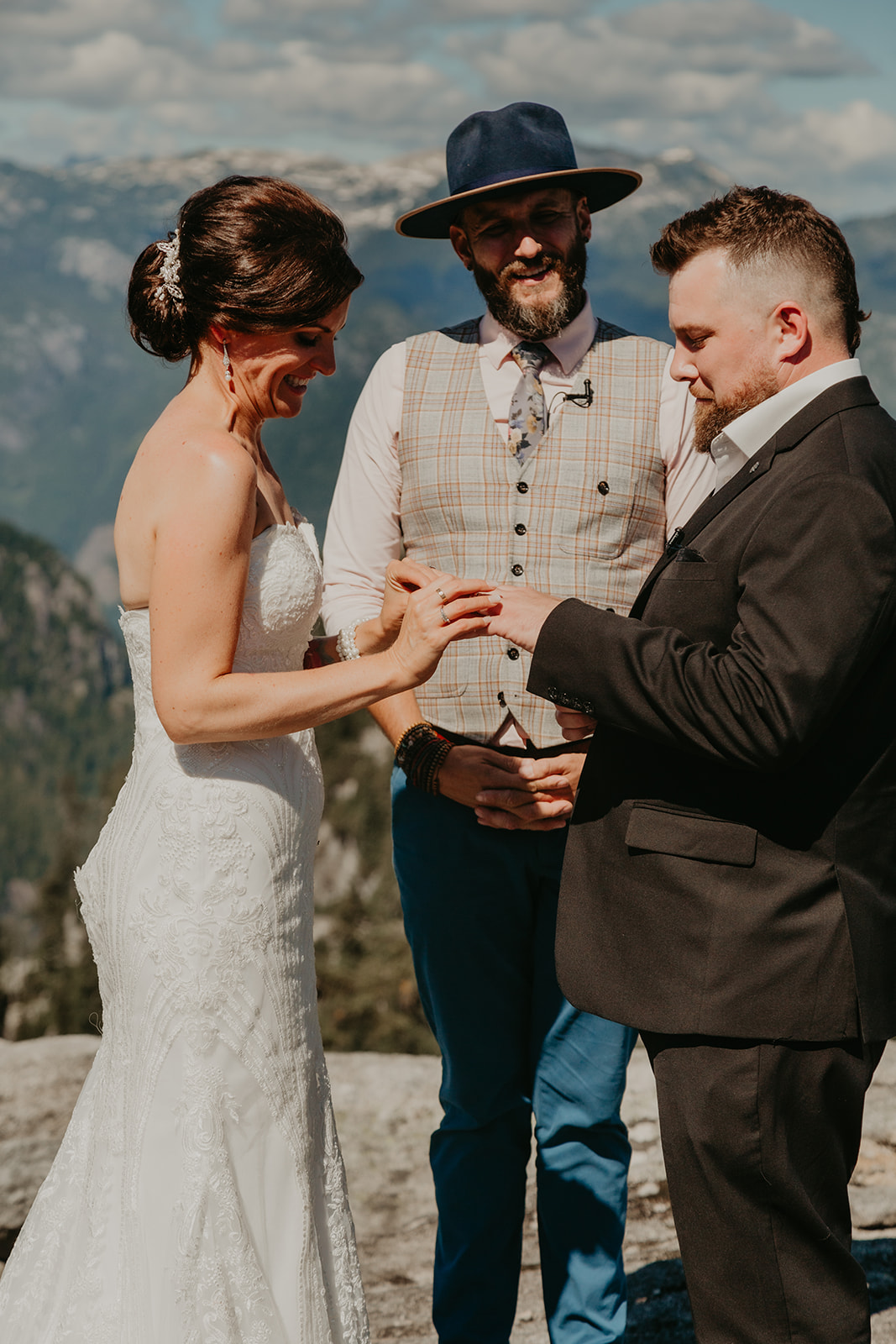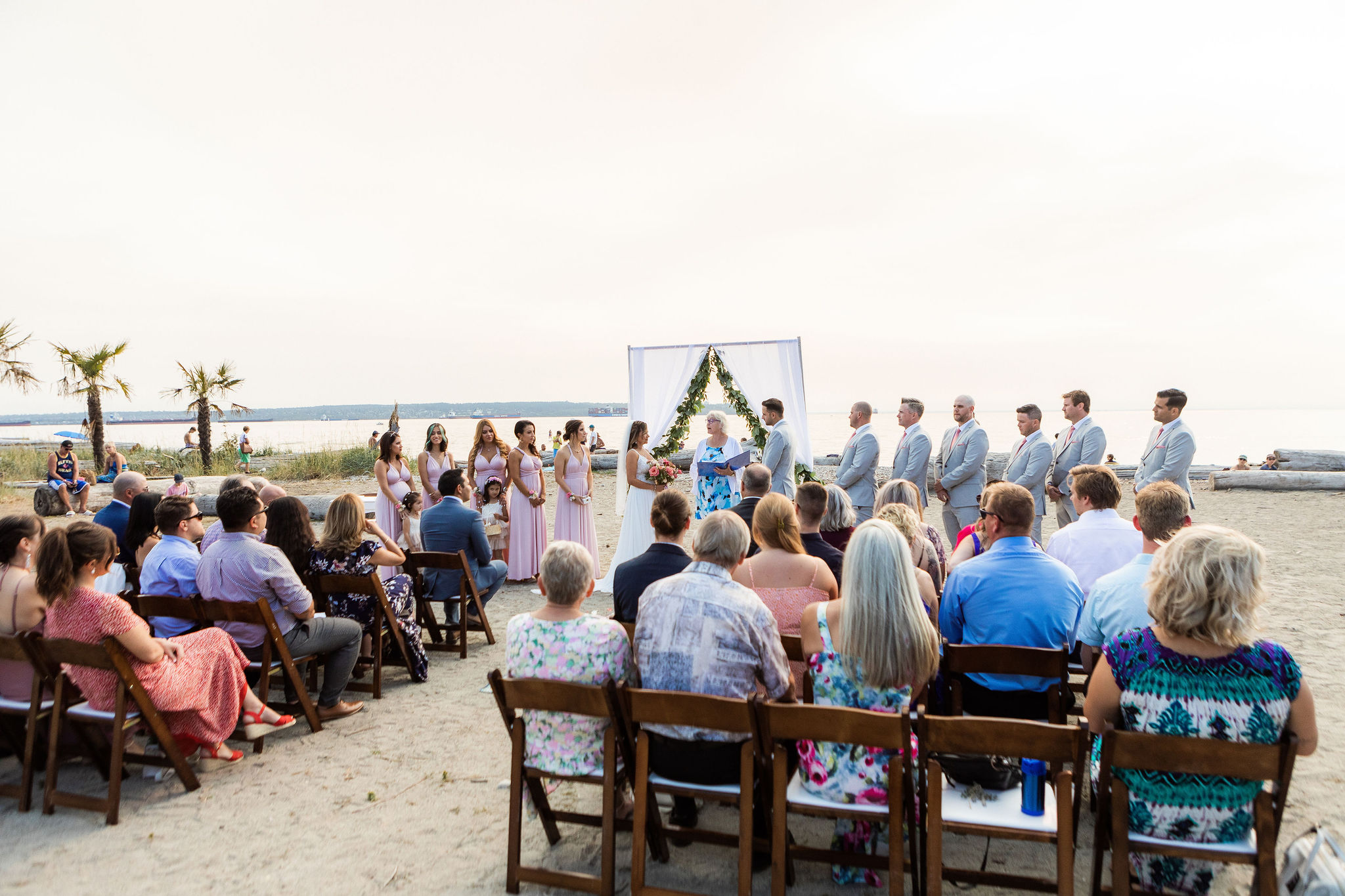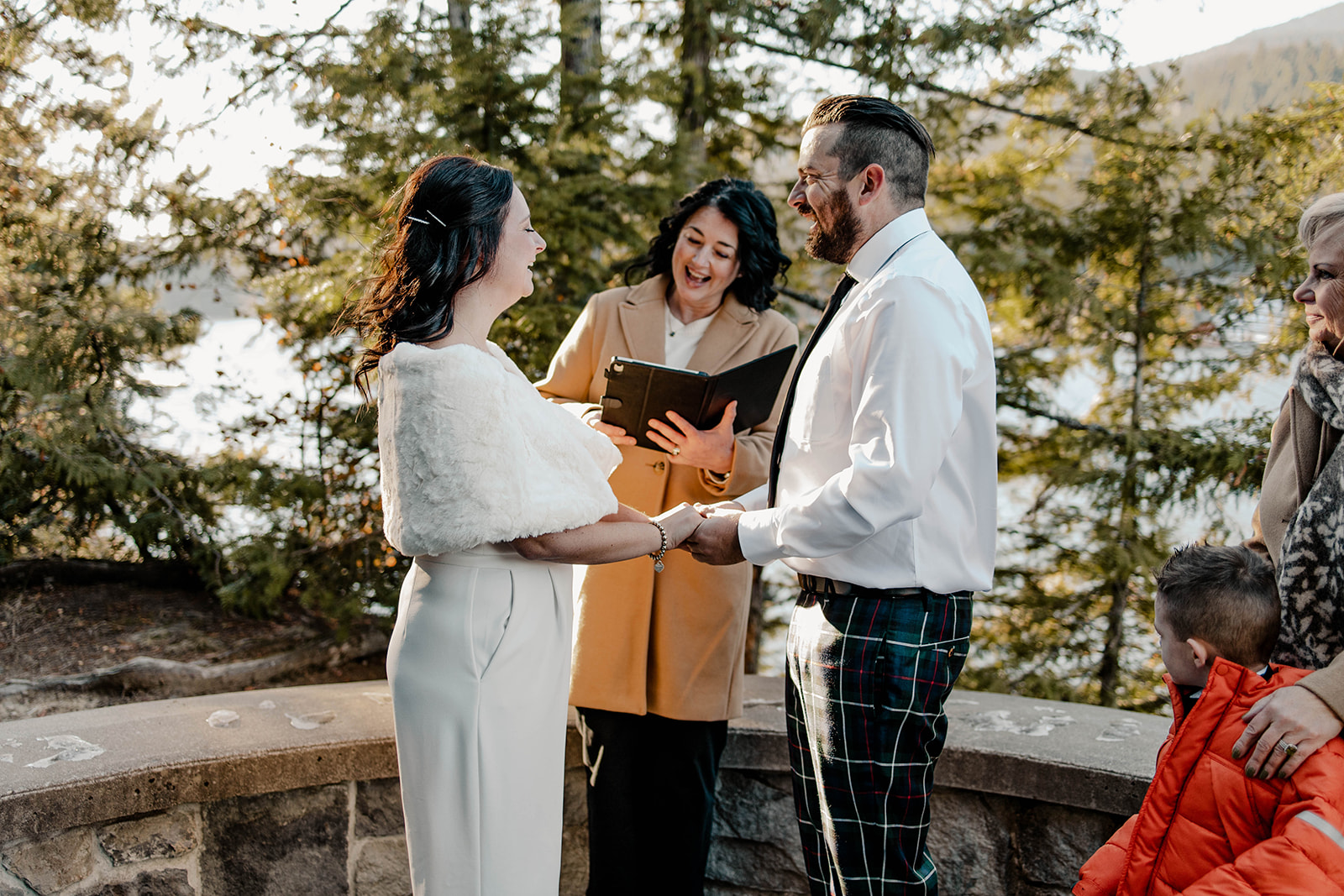So you’ve heard of a wedding rehearsal but you have some questions. Great, that’s why we’re here! Below we’ll answer all of your ceremony rehearsal questions and give you our top tips for a successful wedding rehearsal plan. Plus, don’t miss the Ultimate Wedding Rehearsal Timeline & Checklist!
Ready? Let’s rehearse!
Do we need to have a wedding ceremony rehearsal?
In short, yes. It’s important to have a wedding rehearsal before your ceremony.
A lot of people complain saying, “What’s the point of a rehearsal? I know how to walk in a straight line!” But a wedding ceremony rehearsal is about so much more than just walking. Sure, you might be able to walk straight, but do you know what part of the music you’ll enter to? Who is holding the rings and when they get passed to the officiant? Where you’ll gather before the processional? How you get your bouquet or vow book?
A rehearsal is about everyone learning where they need to be, what they need to do and when before the big day. It’s an opportunity to ask questions, solve problems and ensure everyone is on the same page. Remember: You only get one shot at your wedding ceremony. Wouldn’t you rather practice so you can nail it and not be stressed on the big day?
Some couples worry about holding a rehearsal because they think it will ruin the magic of the wedding ceremony. We assure you, it won’t! While we encourage couples to look at their ceremony scripts ahead of time, you won’t be going through the whole script word-for-word during your rehearsal. You won’t say your vows and your officiant won’t say their entire officiant speech.
Think of a wedding rehearsal like going through the stage directions; you are figuring out the choreography and blocking (aka movement) of the show but not reading all the lines.
The only time you might be able to skip a wedding ceremony rehearsal is if you have a very simple, small elopement planned with no wedding party, no aisle and no special additions, like readers or unity traditions. But if you have a wedding party, children in your wedding, nervous parents, or just a lot of questions and concerns about your upcoming ceremony, it’s a good idea to plan for a wedding rehearsal.
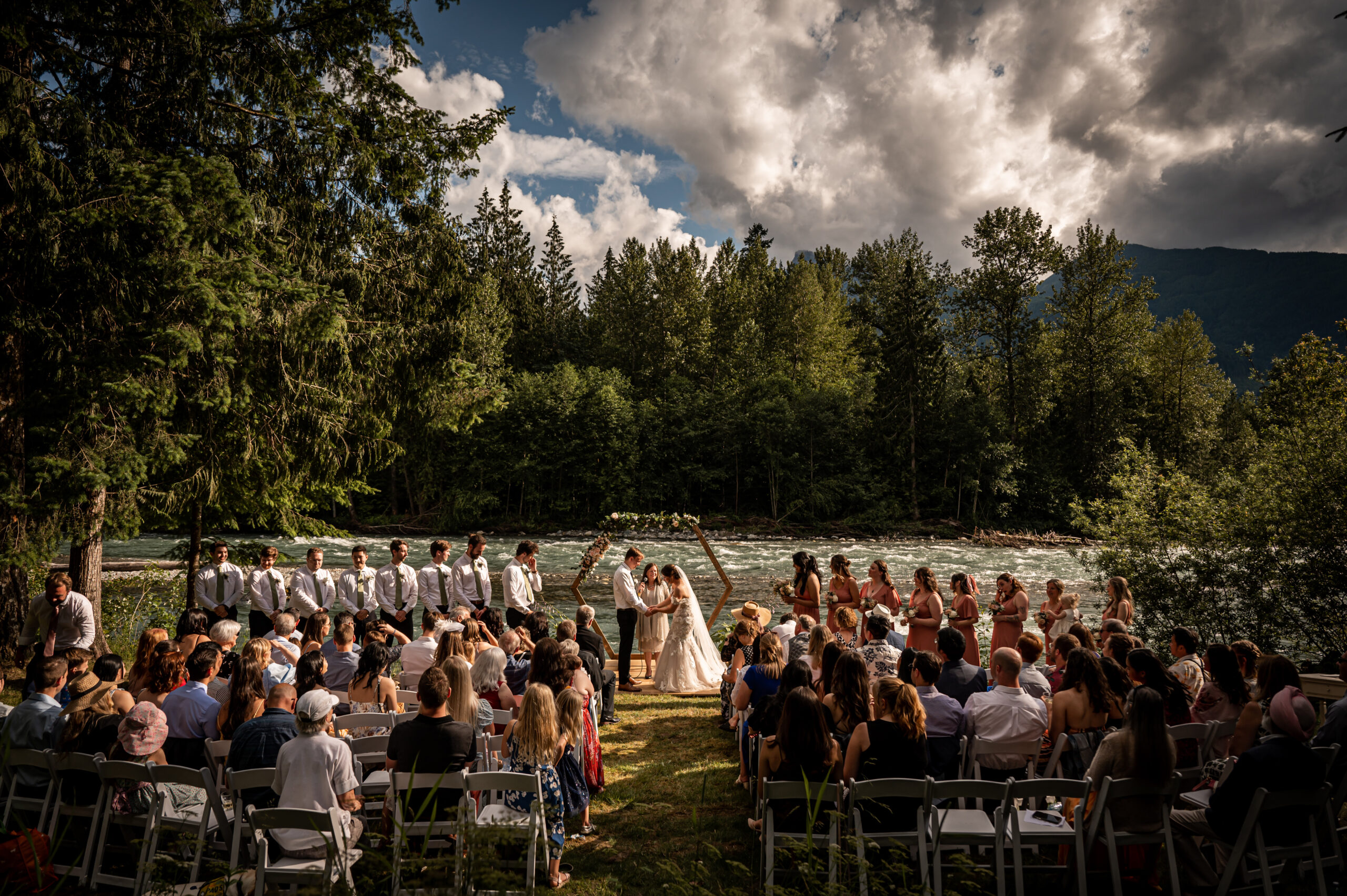
When should we have our wedding rehearsal?
It used to be that wedding rehearsals were held the Friday night before your Saturday wedding. But with couples getting married every day of the week and venues booking up, you can’t always ensure your rehearsal will be the night before. You may have to hold it a few days or even weeks in advance.
We think the best time to hold a wedding rehearsal is 2 days before your wedding. That way, out of town wedding party members have arrived and everything for your ceremony should be ready to go. At two days out, you’re close enough to your ceremony that no one will forget what they learned at the rehearsal but you also have the night before your wedding free to relax (or take care of any last minute tasks).
Some couples opt to hold their wedding rehearsal on the same day as their ceremony, reasoning that everyone will be available, they’ll have access to the venue and no one will forget what they learn. But we don’t suggest having your rehearsal on your wedding day. Even if you’re getting married in the evening, your wedding day is likely going to be very busy and emotional. It can be stressful to try and squeeze in a rehearsal. The rehearsal may even get skipped if other pre-wedding plans, like hair and makeup, are running late.
Don’t forget to book your wedding rehearsal time and date as soon as you can (see our rehearsal timeline for more details) so you can lock in your vendors and confirm availability with your wedding party.
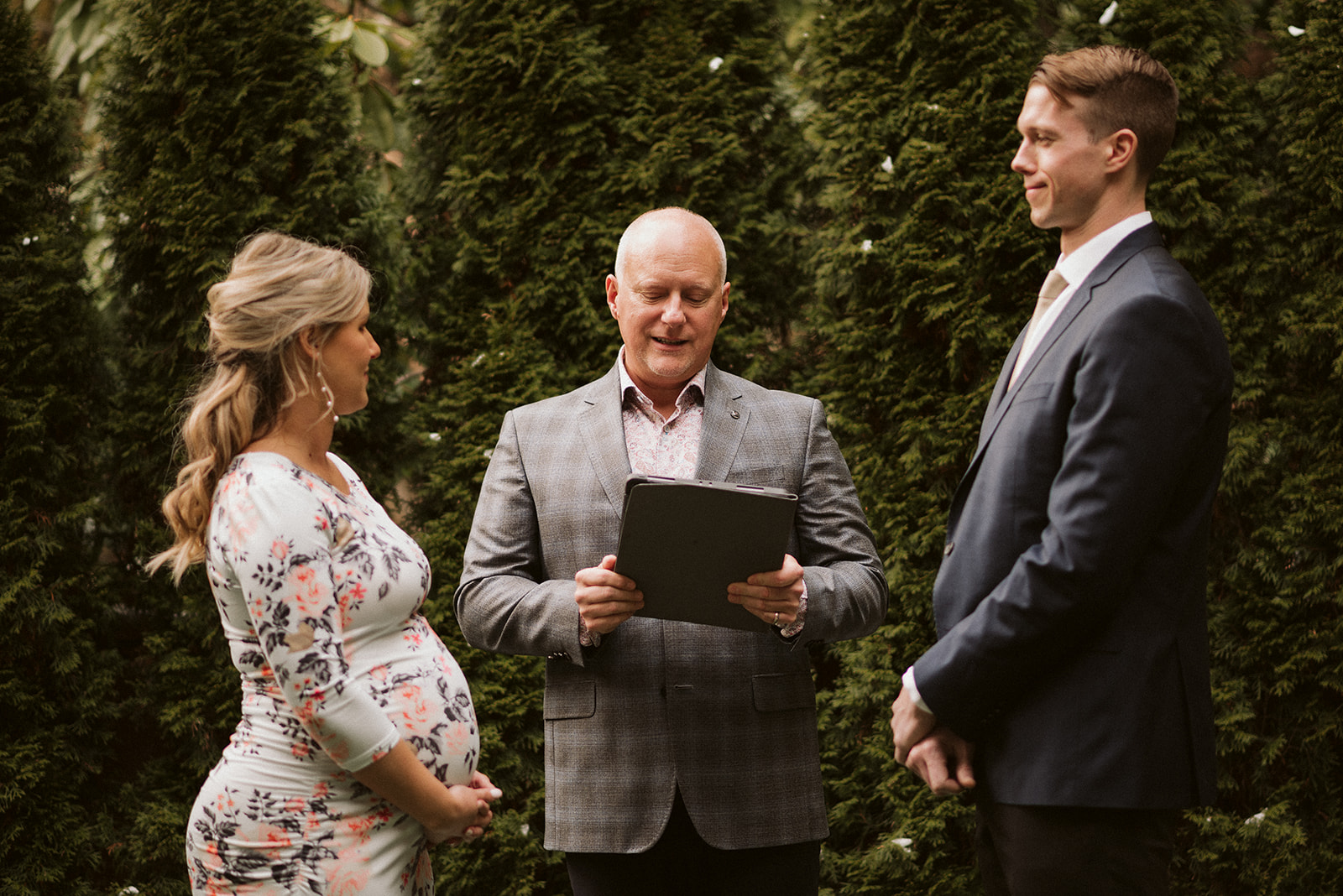
Where should we hold our wedding rehearsal?
Ideally, you’re able to hold your wedding rehearsal at the same place where you’re having your ceremony. Practicing at the actual venue lets you work out all of the unique quirks of your space, such as figuring out where the wedding party will gather before the processional or navigating the stairs. You can decide on exact placements and timing, instead of trying to approximate the size of your venue.
It’s also helpful to have your wedding party, officiant and planner come out to the venue for the rehearsal so there are no surprises on the big day – such as realizing that there’s a road closure in front of the building or your event space is best accessed through the back entrance.
Unfortunately, it’s not always possible to rehearse at your ceremony venue. In that case, we still encourage you to hold a wedding rehearsal off-site. Even in a different space, it’s still useful to walk and talk through your ceremony, answer questions, and ensure everyone is on the same page.
All you need is a large enough space to walk through the ceremony, such as a backyard, basement or condo party room. You can get creative with your surroundings, such as using chairs to mark where the aisle is. If your space is a different size than your venue, make sure to point this out to your wedding party when relevant, such as reminding them that the real aisle is longer so they’ll have more time to walk down.
Who runs the wedding rehearsal?
Your wedding officiant should run your wedding rehearsal in tandem with your wedding planner or wedding coordinator. These vendors have the most experience leading rehearsals and ceremonies, and will be the main vendors on the big day. They know what to do and they can answer any questions. Usually the planner will lead the “walking” part of the rehearsal (processional & recessional) while the officiant leads the “talking” part (ceremony at the front).
Since planners and officiants are experienced at running rehearsals, they can be the authority in the room. Many couples find it hard to corral their wedding party, ask everyone to pay attention or put their foot down on decisions. After all, no one wants to boss their friends around!
This is why it’s so important to confirm rehearsal availability with your wedding officiant and wedding planner. Having that experience in the room will help you feel confident going into your wedding day.
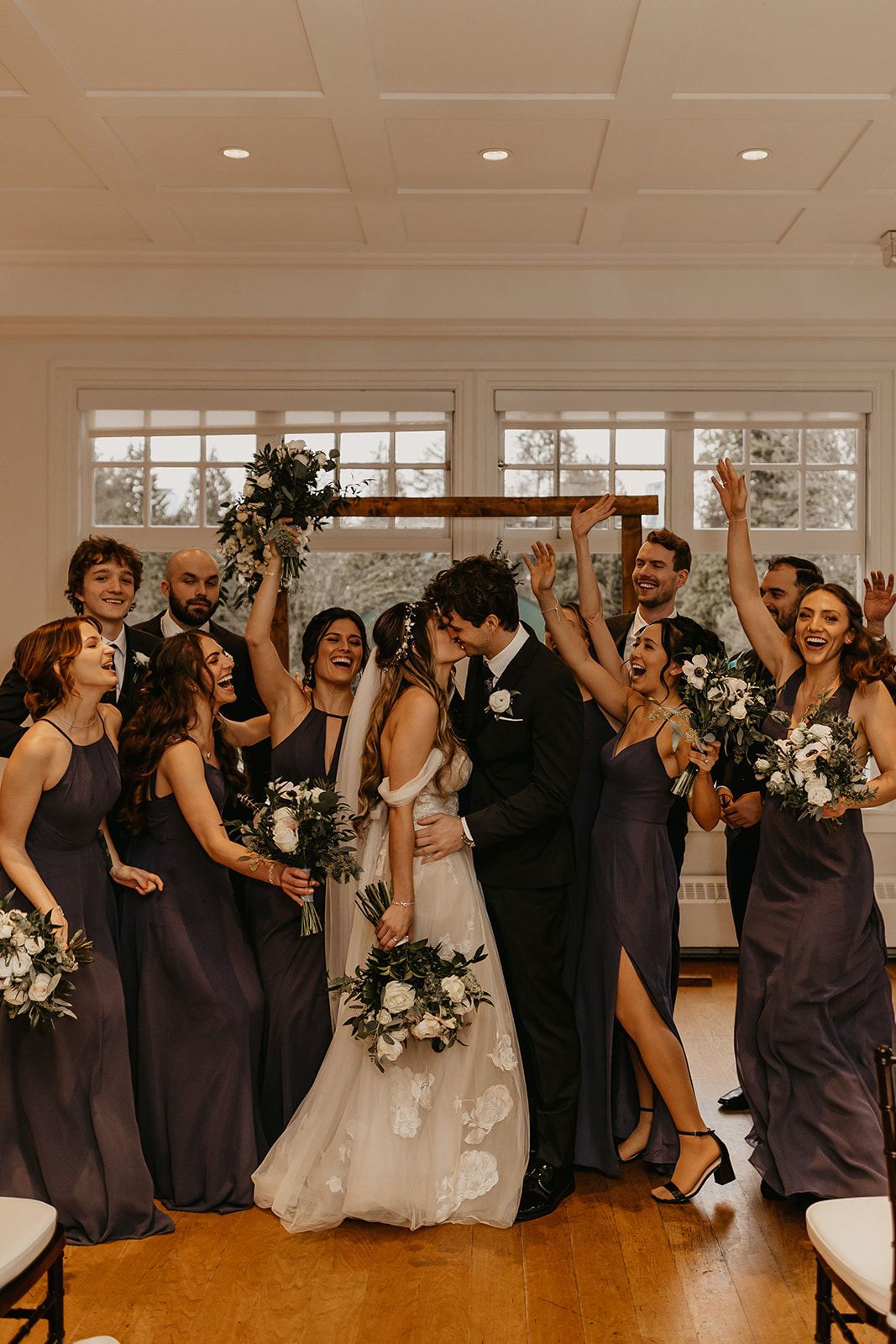
Wedding rehearsal plan: 6 tips to make your rehearsal successful & stress-free
Now that you know when and where to have your wedding rehearsal, plus who’s going to run it, here are some final tips to ensure everything goes as smoothly as possible.
- Have the details planned out ahead of time. Think through ceremony details – such as the order of your processional and where everyone will stand at the end of the aisle – in advance of your rehearsal. That way, you and your partner can make the decision you want rather than having to take everyone’s opinions into consideration at your rehearsal.
- Book your wedding rehearsal as soon as you can. Some venues have set rehearsal times (e.g. if the wedding is Saturday at 6:00pm, the rehearsal is always Thursday at 4:00pm) but many wait to book rehearsals until closer to the date so they can leave their calendar open to book more weddings. Others will let you temporarily book a time/date, understanding it may get cancelled if they receive another booking. If this is the case, we still suggest you take the temporary booking and confirm with your attendees. If the venue does cancel, everyone will still be available and you can rehearse elsewhere. Regardless, make sure you ask your venue when you’ll be able to book your rehearsal so you don’t miss out.
- People > place. Ideally you’re able to rehearse at your venue with all of the necessary people in attendance. However, if the date the venue offers for your rehearsal doesn’t work for you, your wedding officiant and wedding planner, or your wedding party, prioritize people over place. It’s better to have your officiant and planner available to run the rehearsal off-site and as many wedding party members attend as possible than try to run it yourself with just half your wedding party at the venue.
- Plan for 1 hour. Plan for your wedding rehearsal to be one hour long. While the actual rehearsal should only take 30-45 minutes, an hour gives you some buffer time for late arrivals, to ask questions or to re-run anything you don’t feel confident about.
- Start at the front. One of the oldest rehearsal tricks in the book is to start at the front by figuring out where everyone will stand during the ceremony. You then walk through the recessional, sending everyone back up the aisle. Now that you’re at the beginning of the aisle, you’re in position for the processional and already know where you’ll stand when you get to the front. This can be a useful method rather than starting chronologically with the processional, as people may get to the front and not know where to go.
- Bring your marriage licence! Worried you’re going to forget your marriage licence on the big day? Bring it to your wedding rehearsal and hand it off to your wedding officiant, who can be tasked with bringing it to the ceremony.
Remember: You only get one shot at your ceremony. Feeling confident about what you’re doing, how you’re doing it and when you’re doing it is key.
With your wedding rehearsal questions answered, it’s time to book your wedding officiant who will run your rehearsal and lead your ceremony on the big day. Meet our team of officiants and book yours today!
